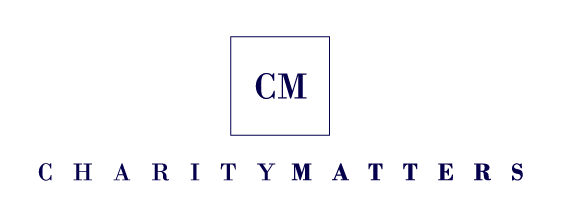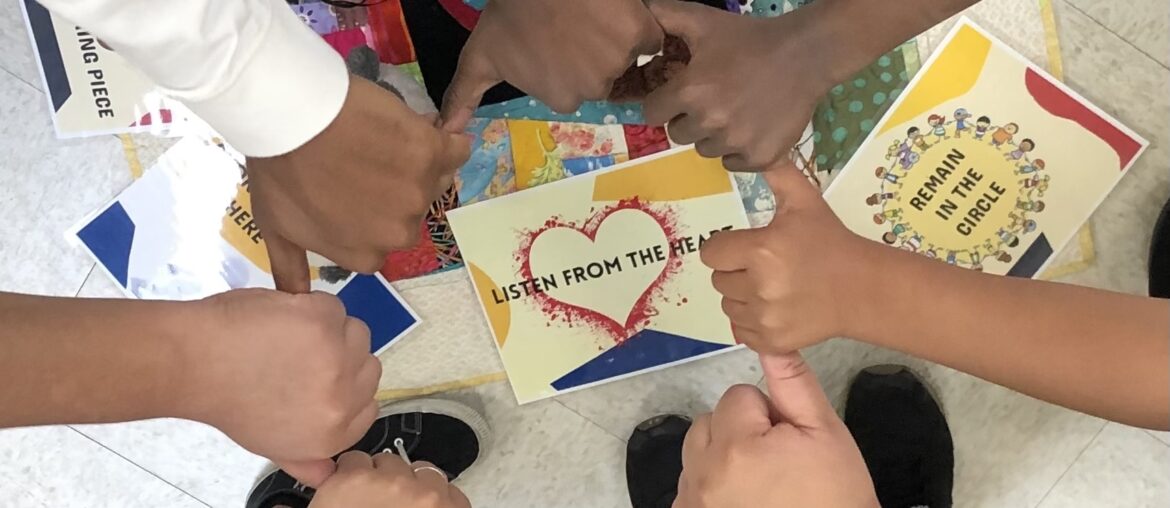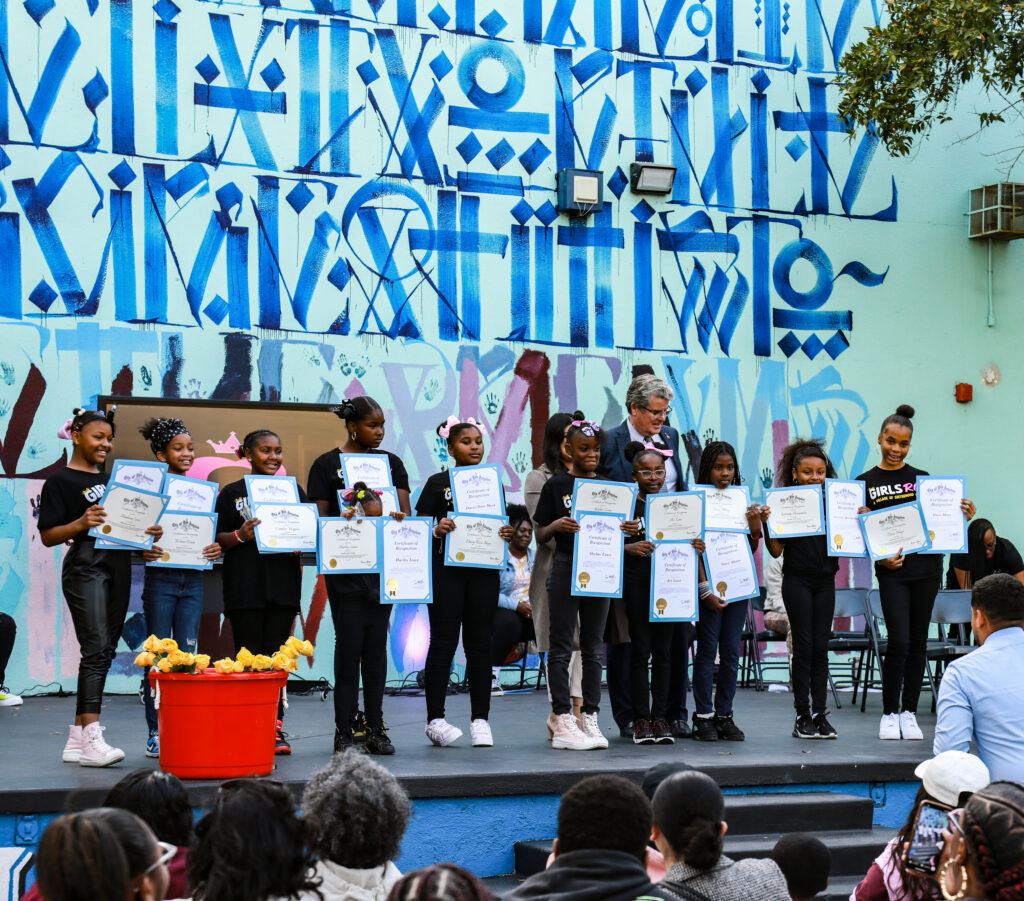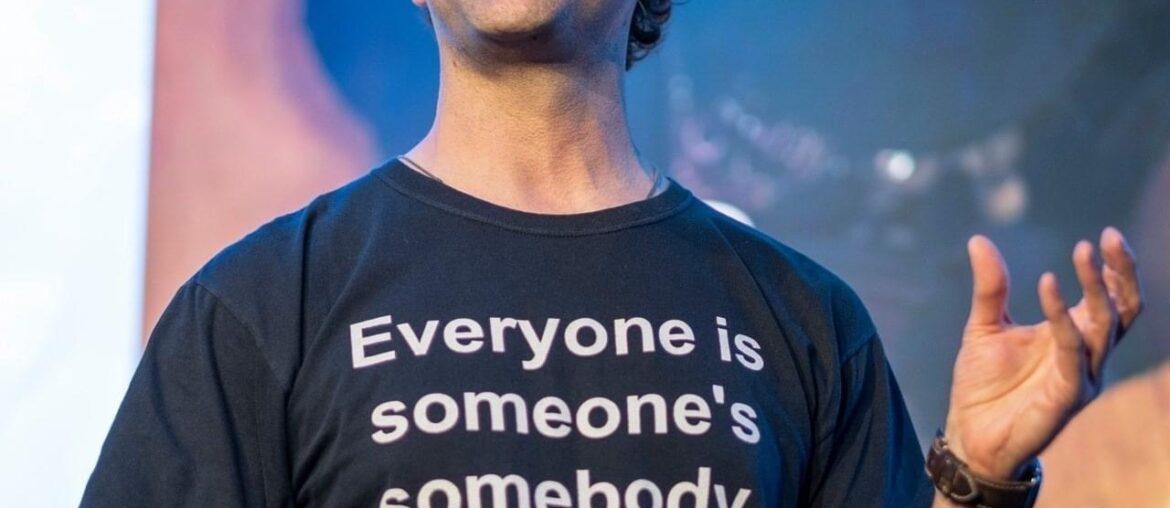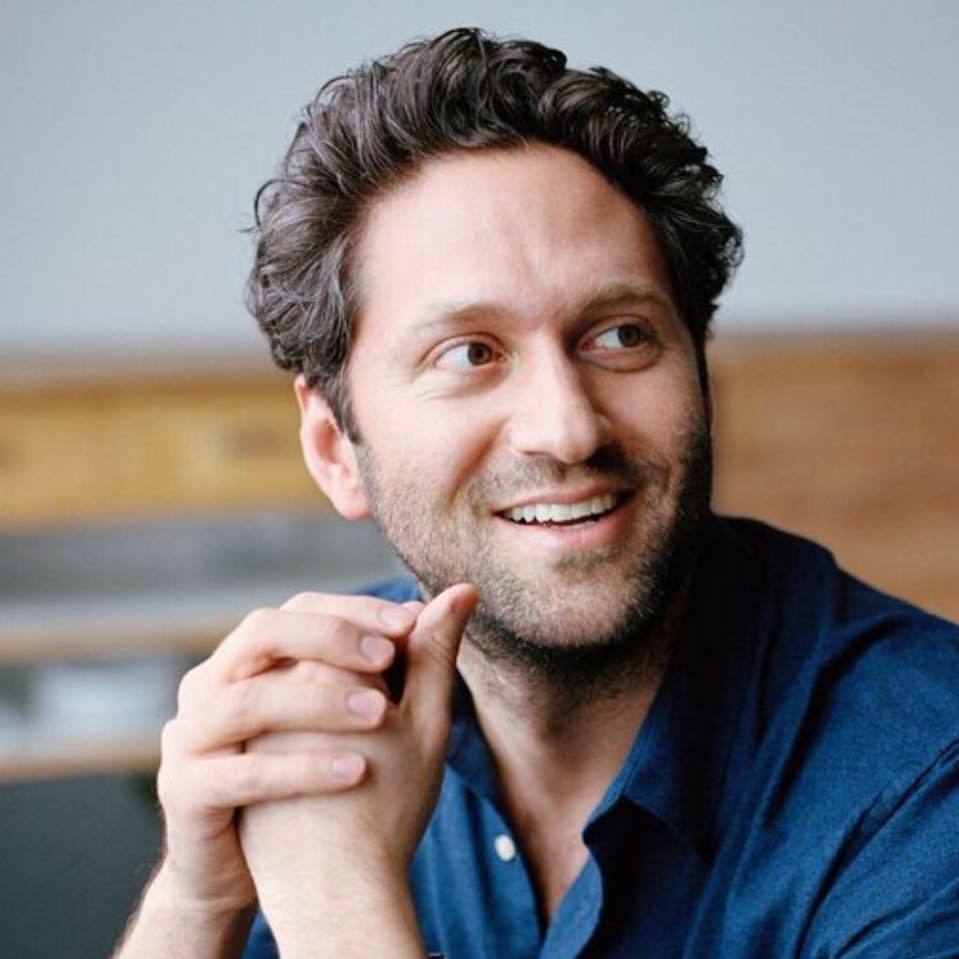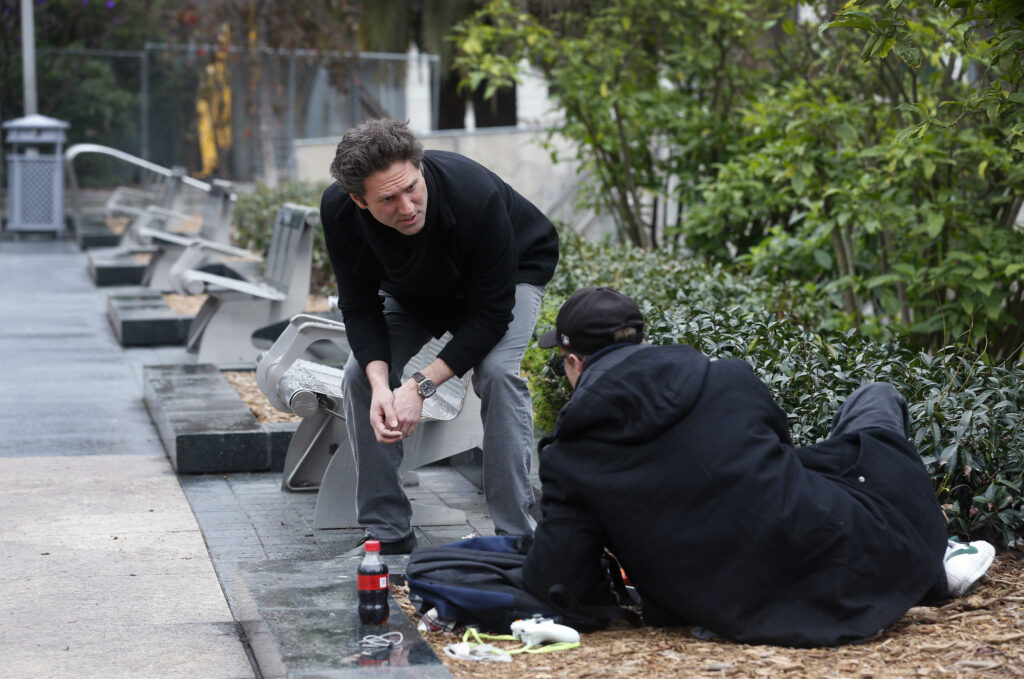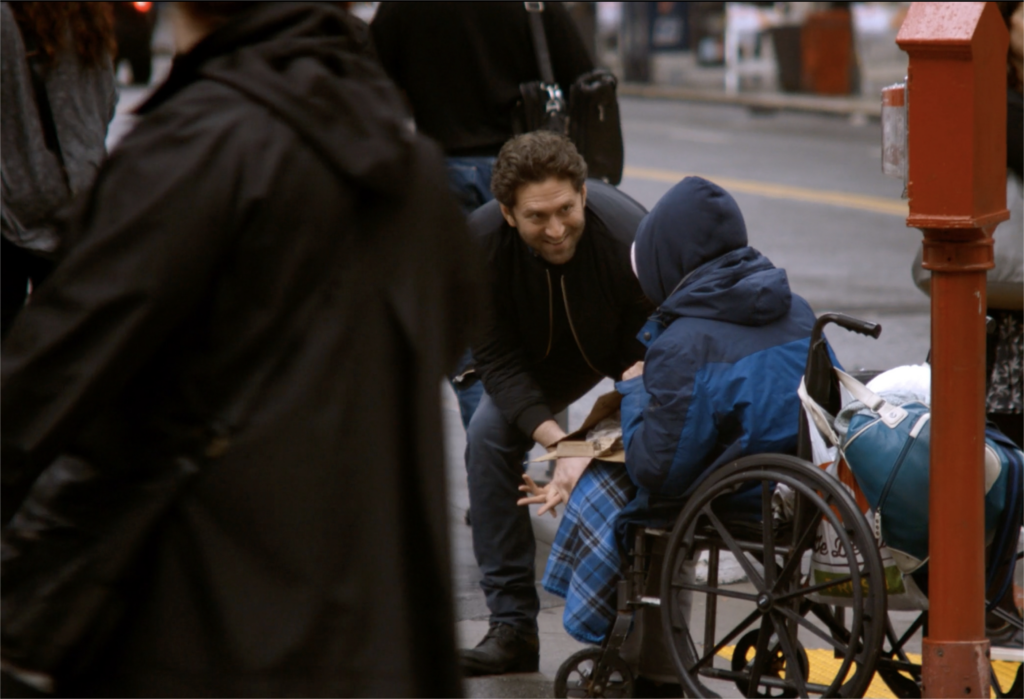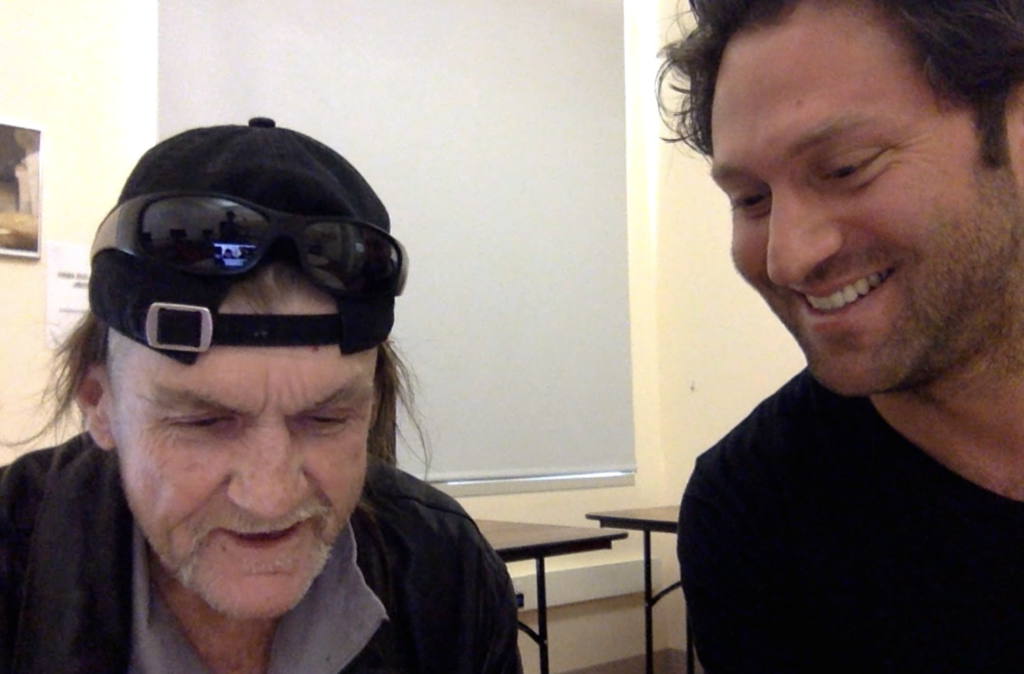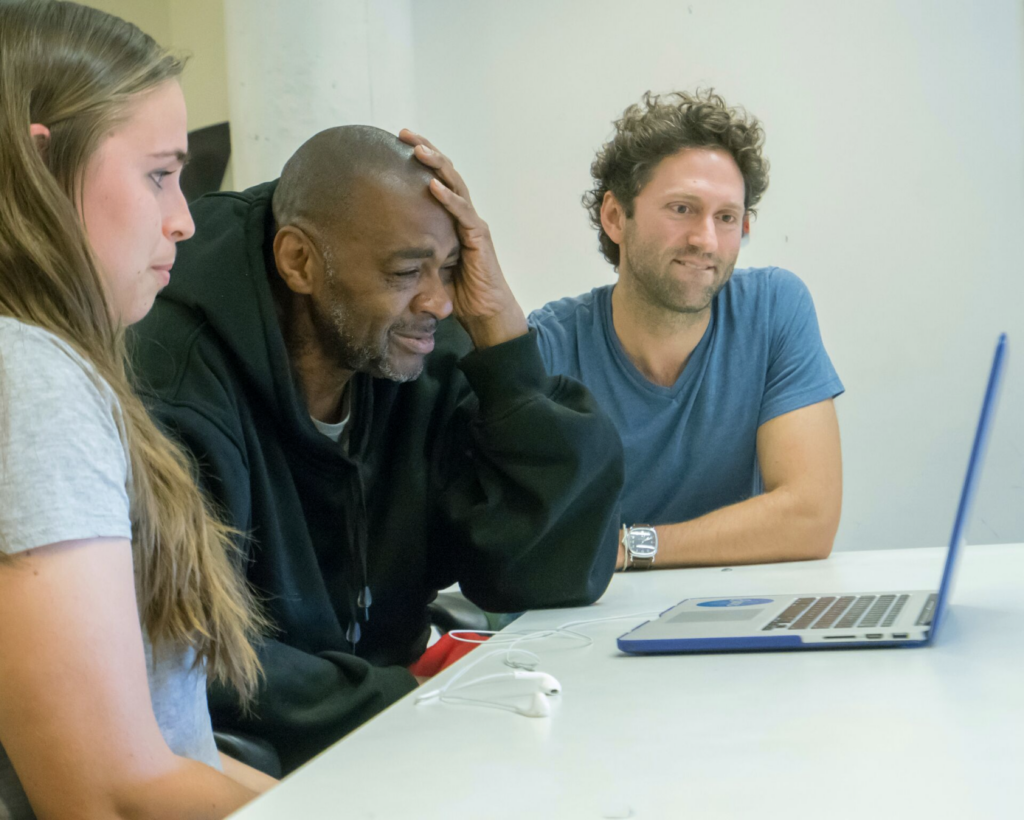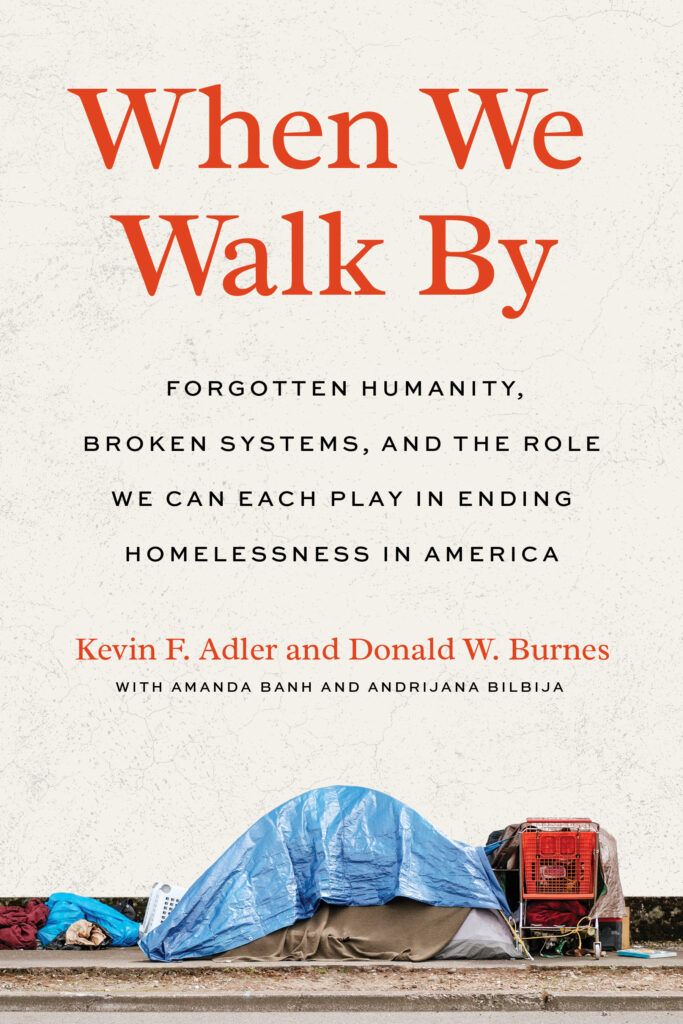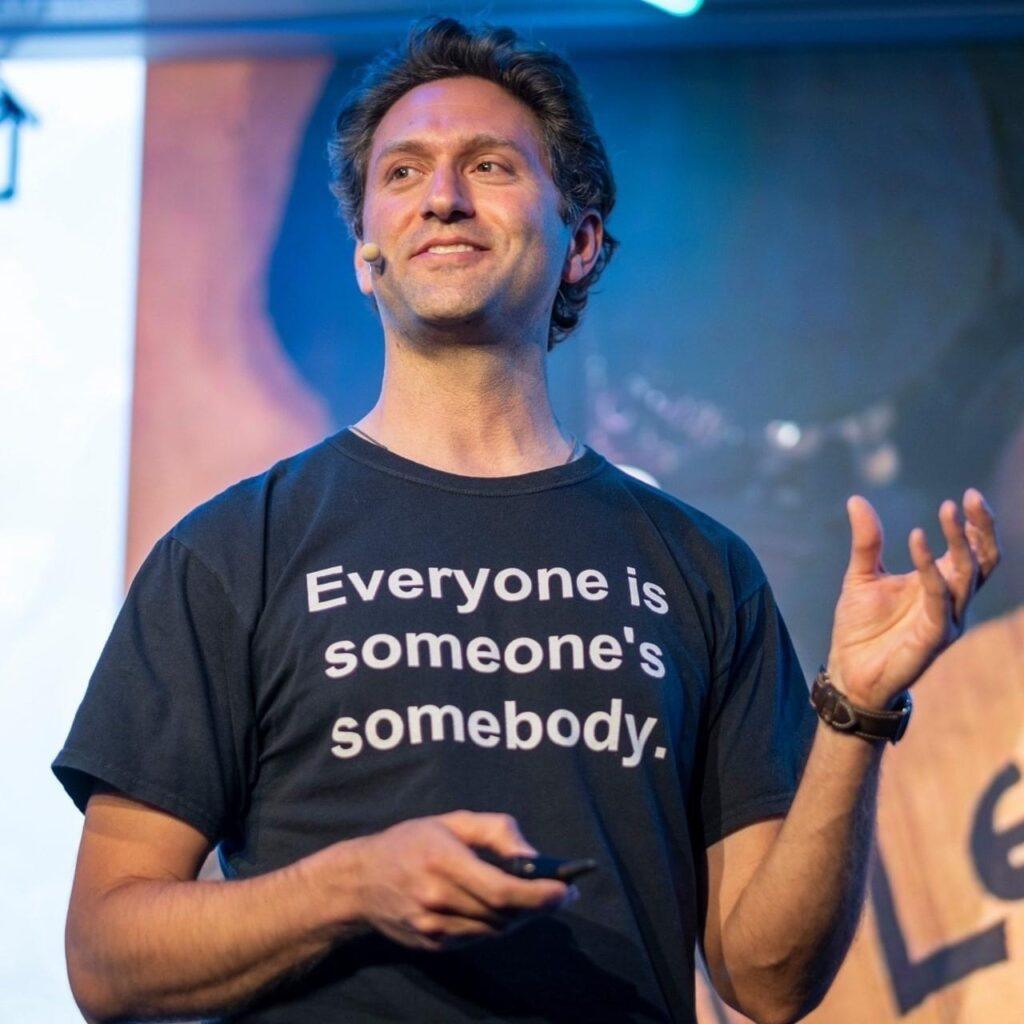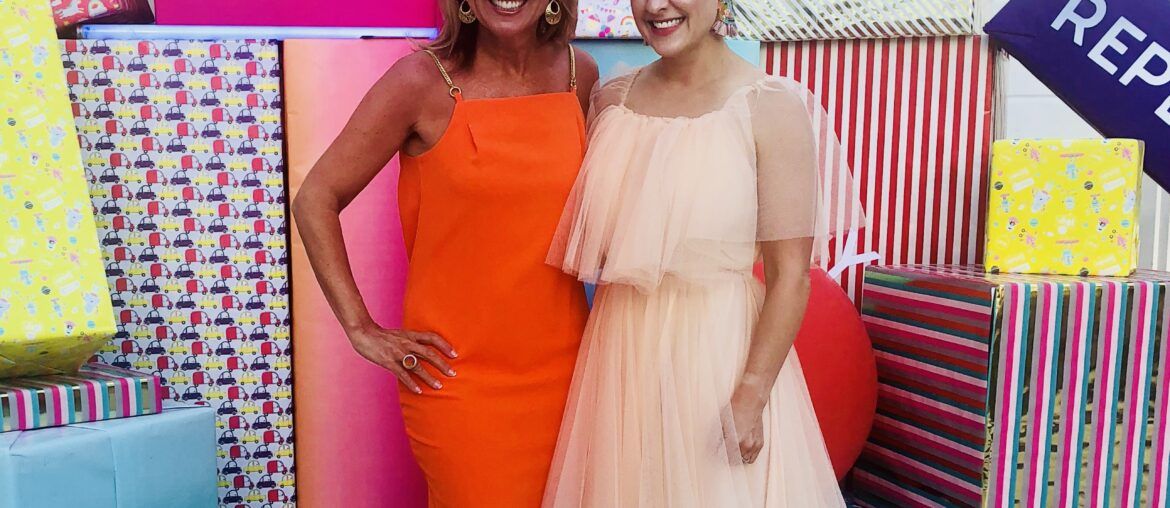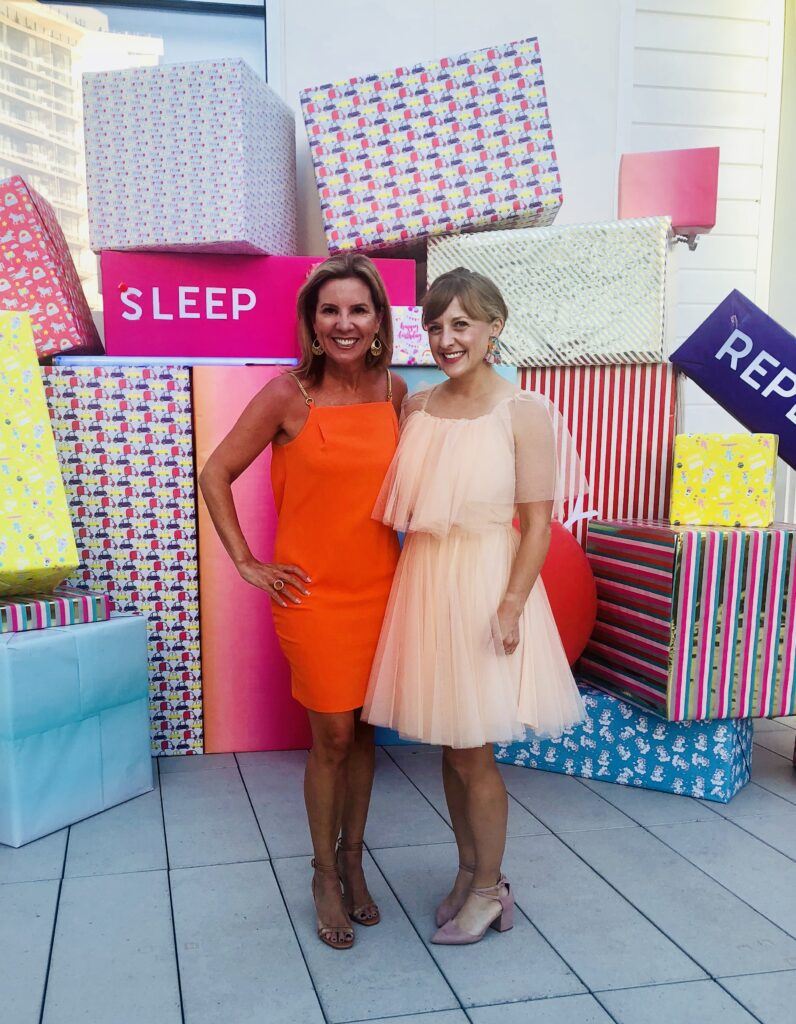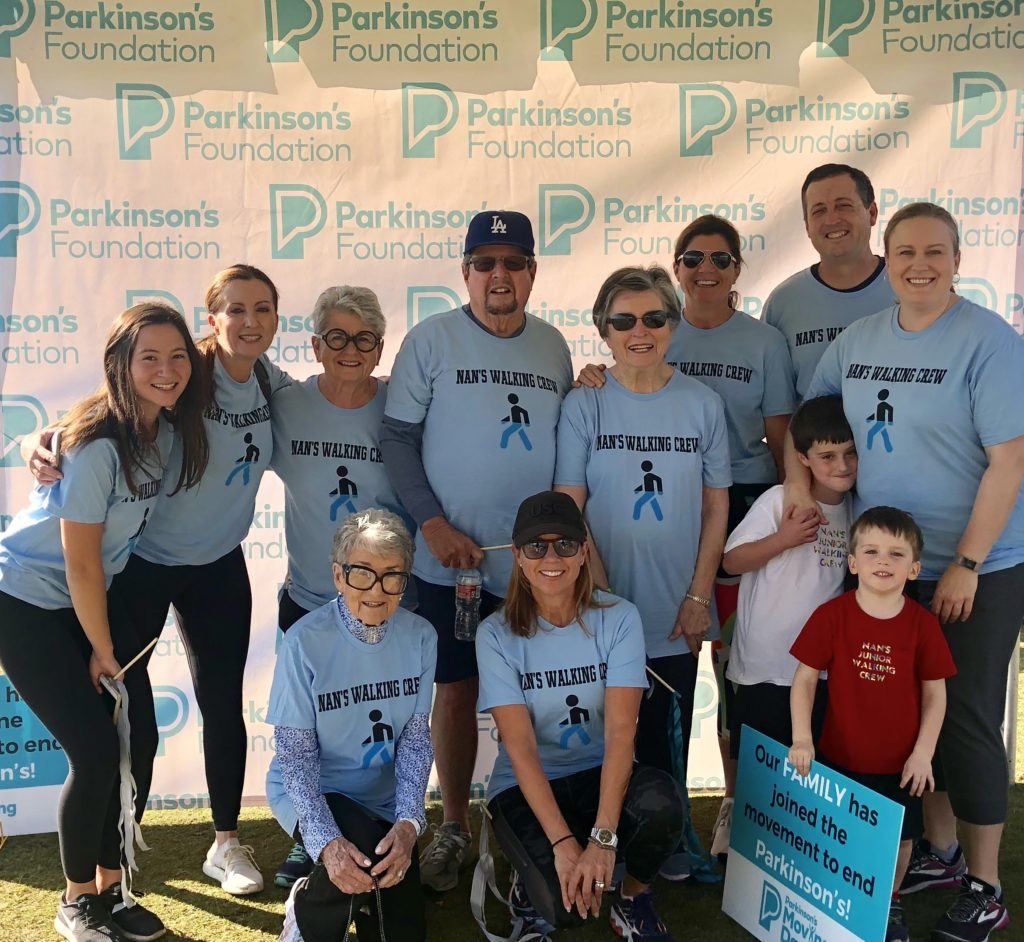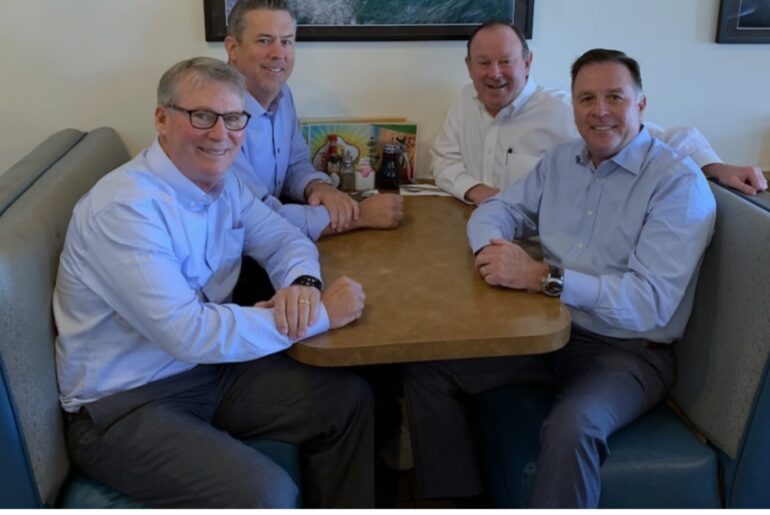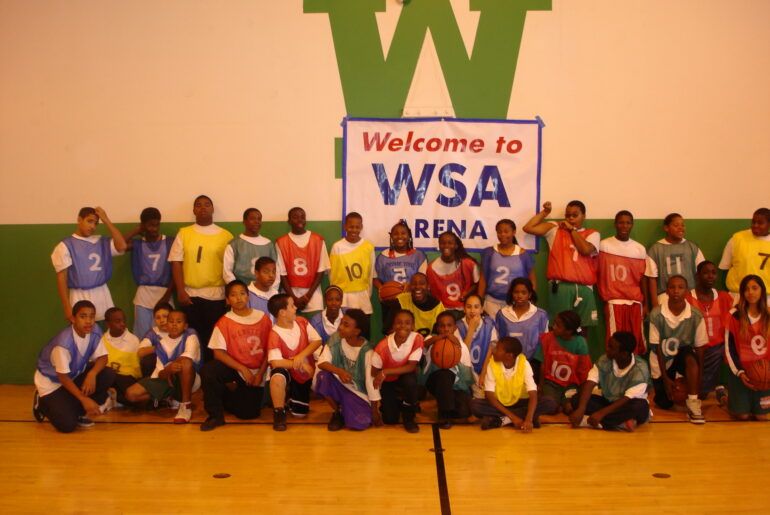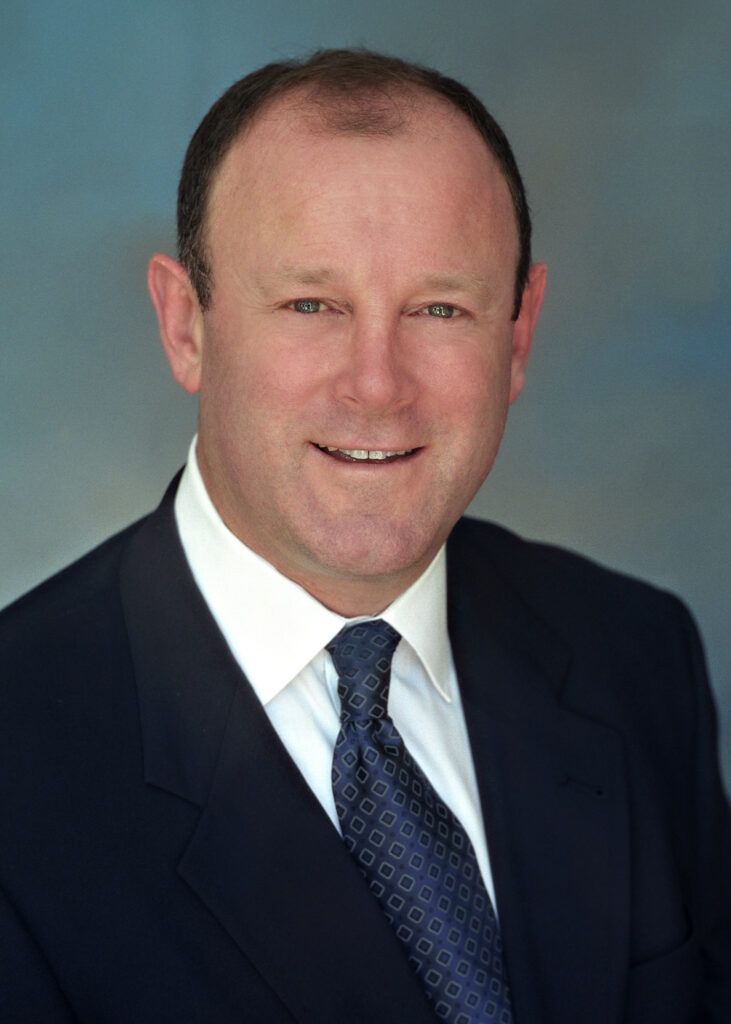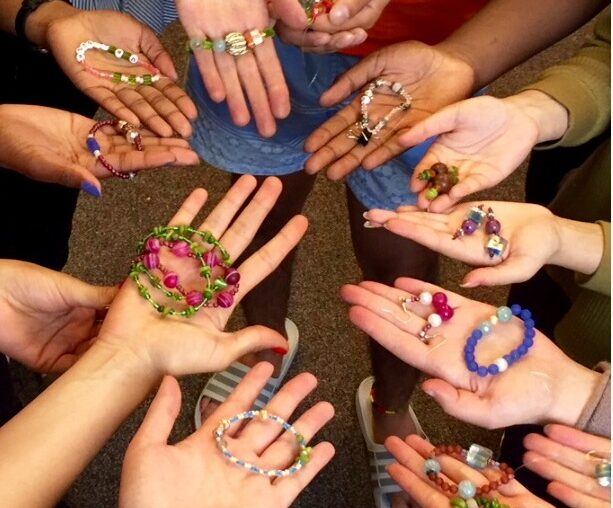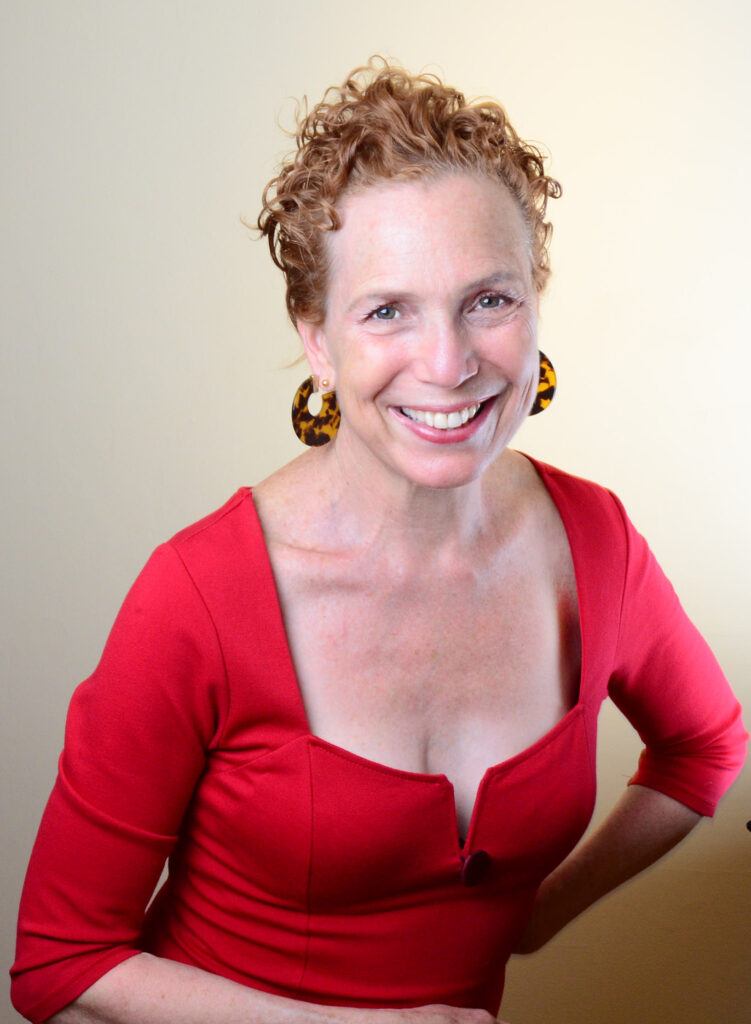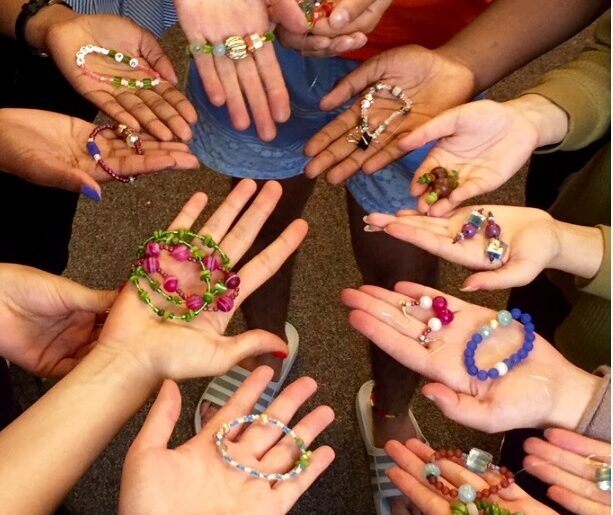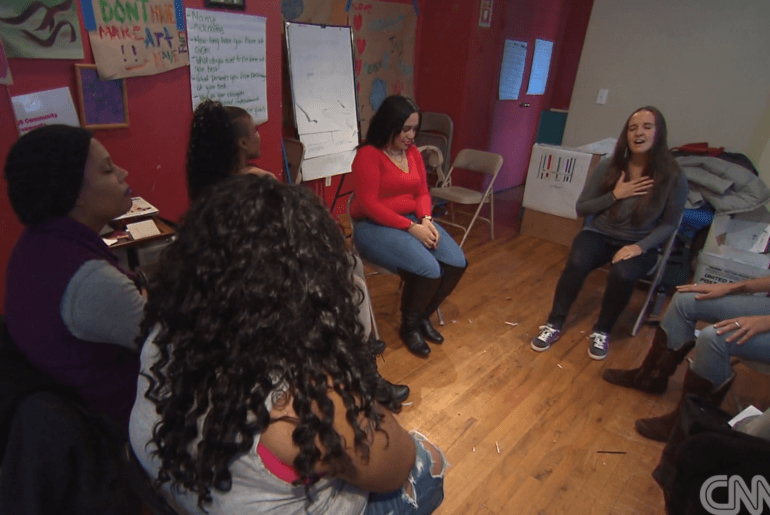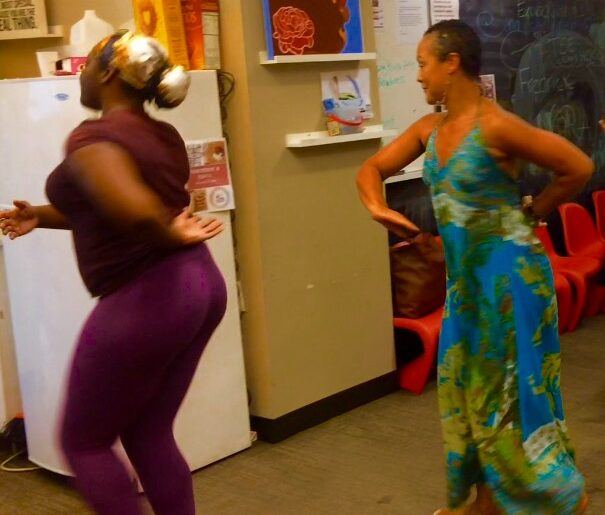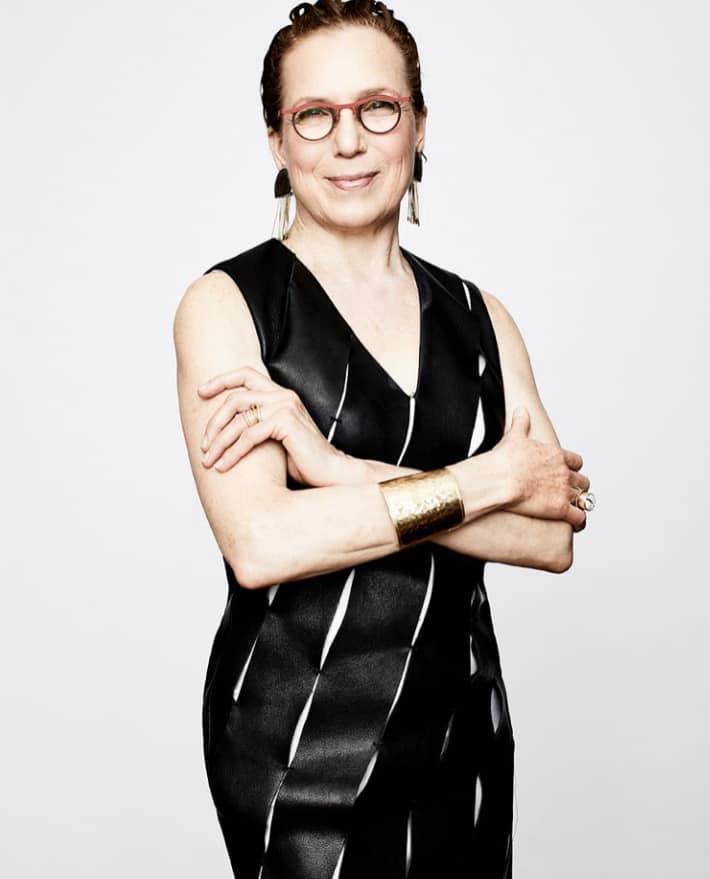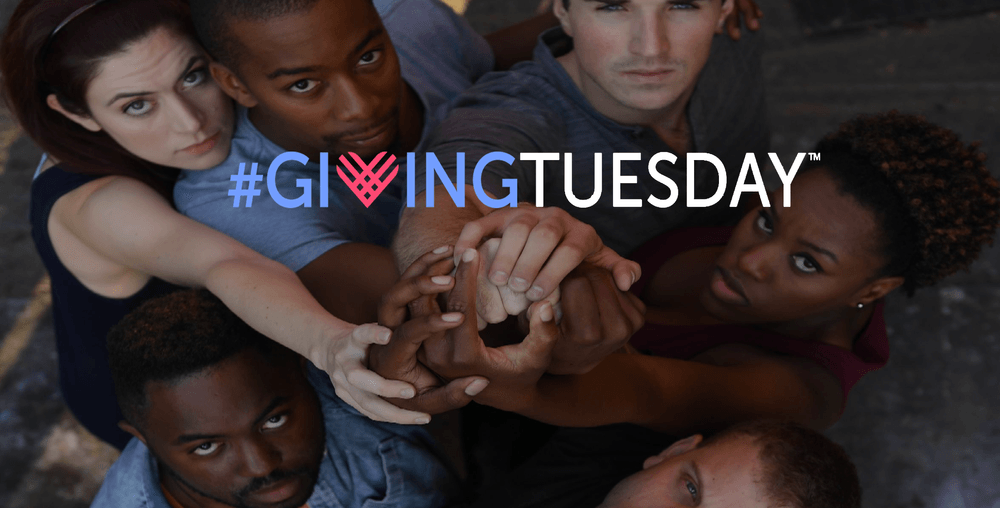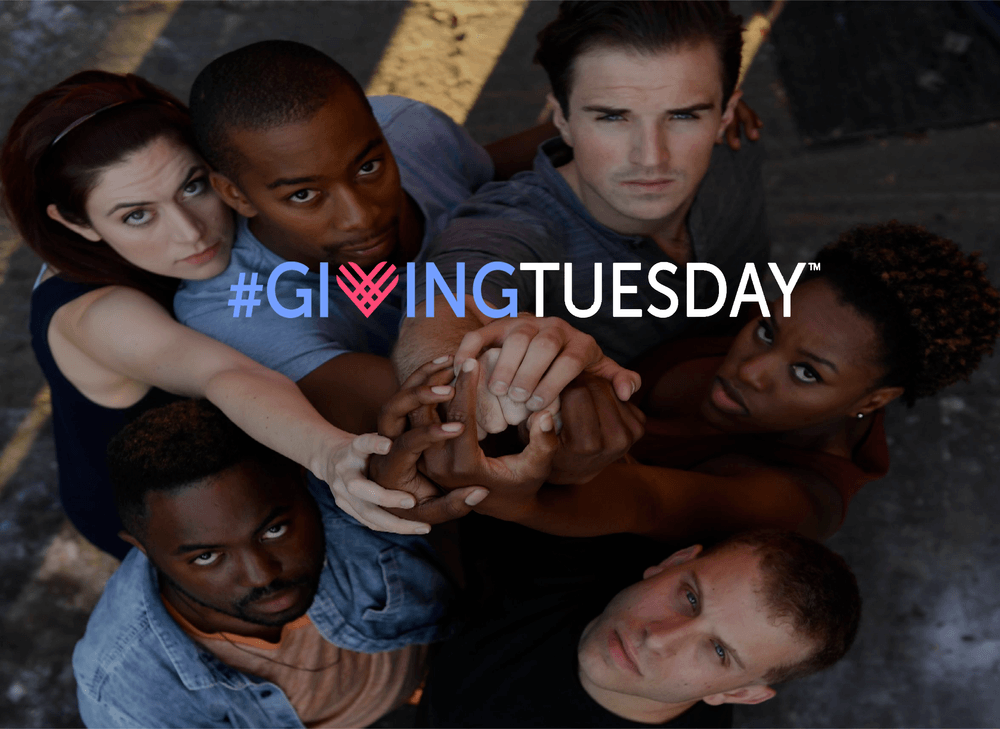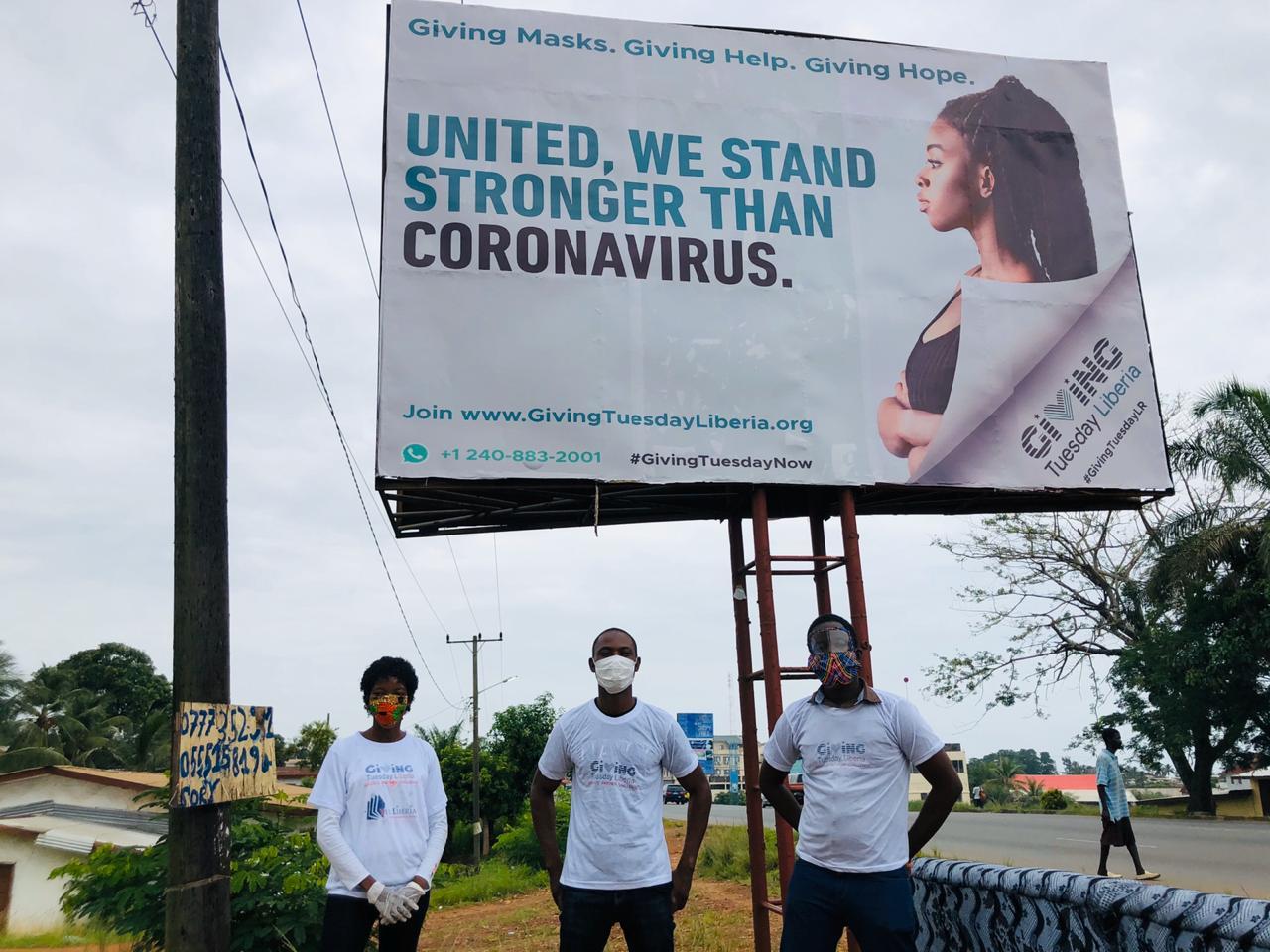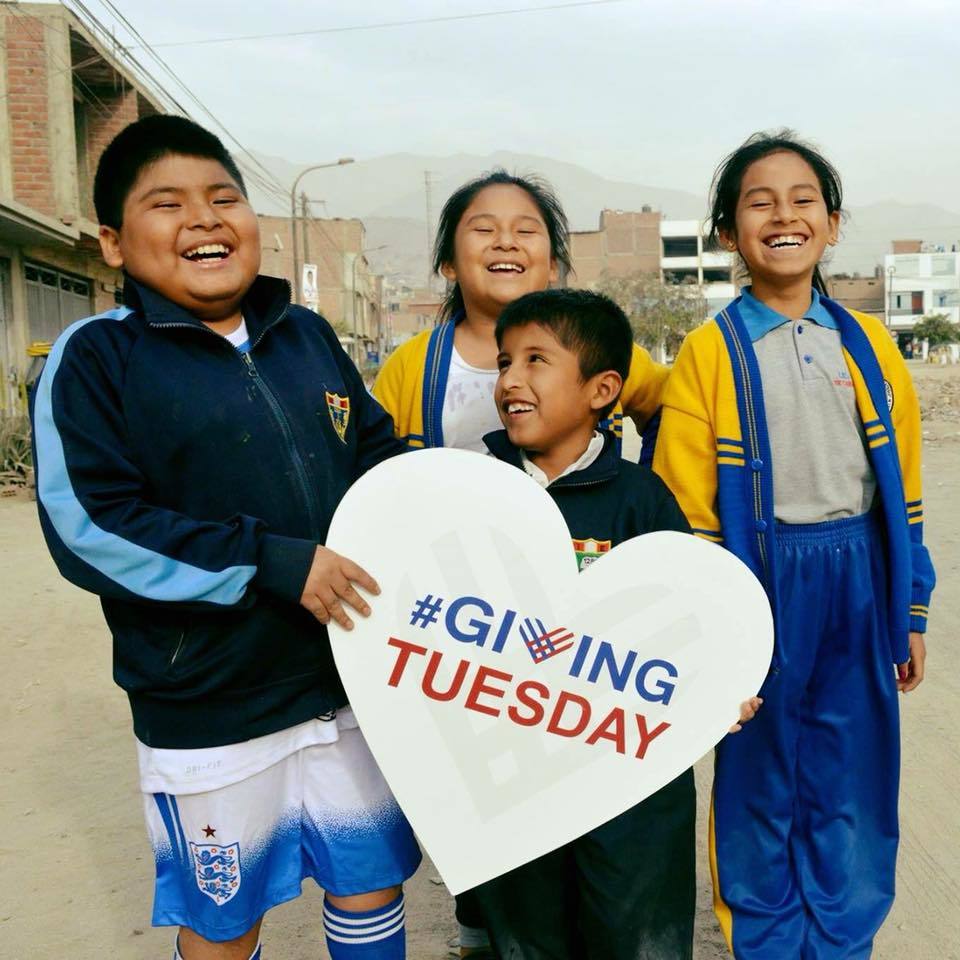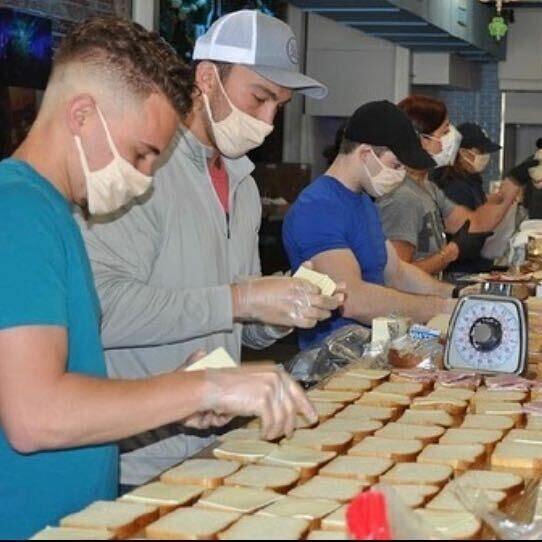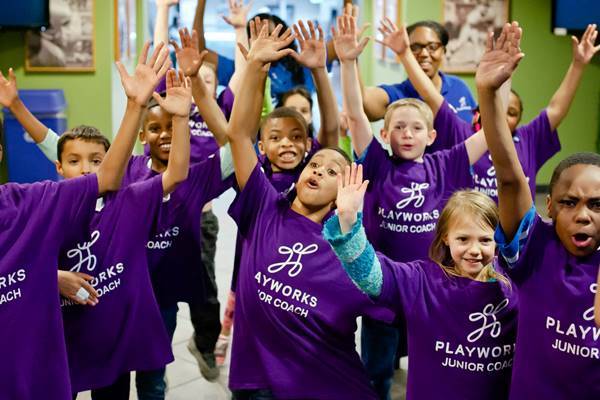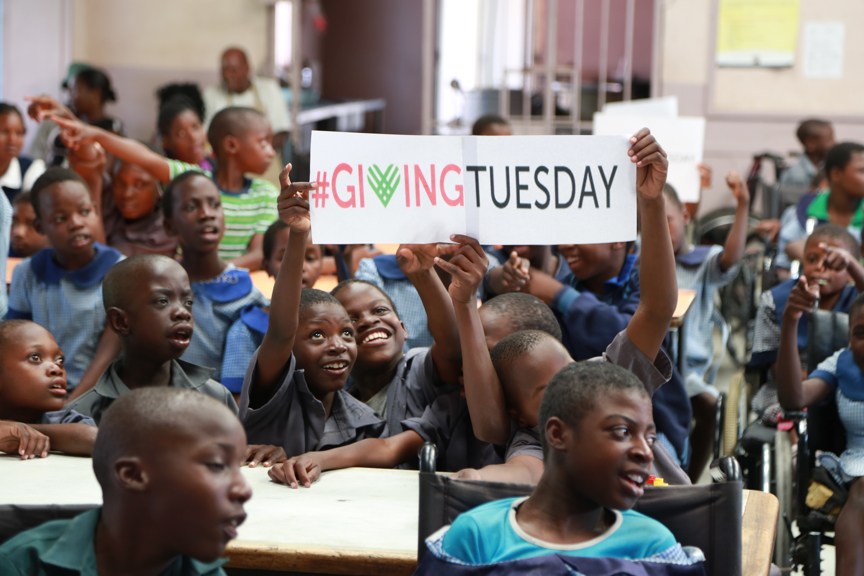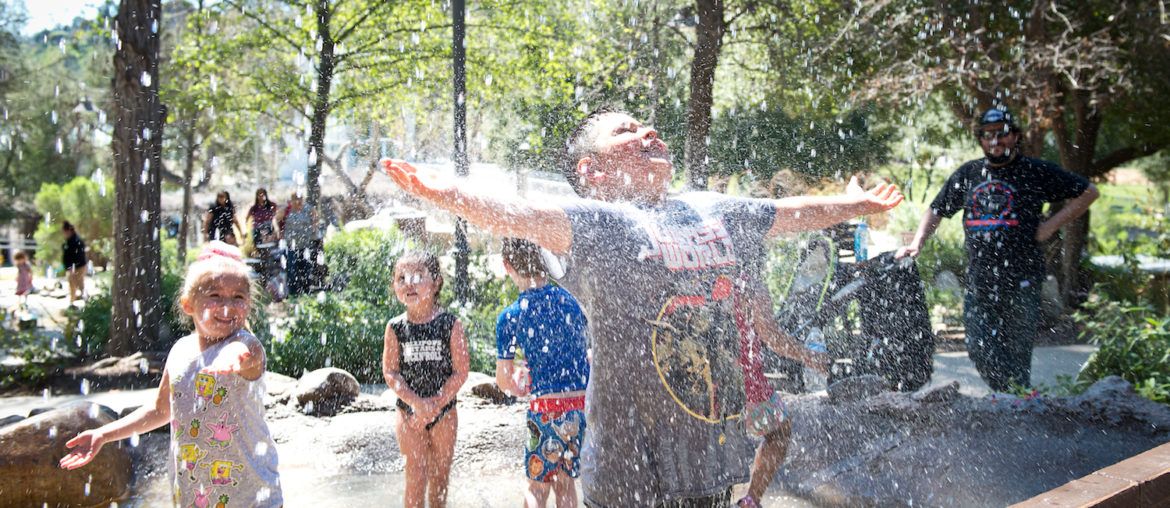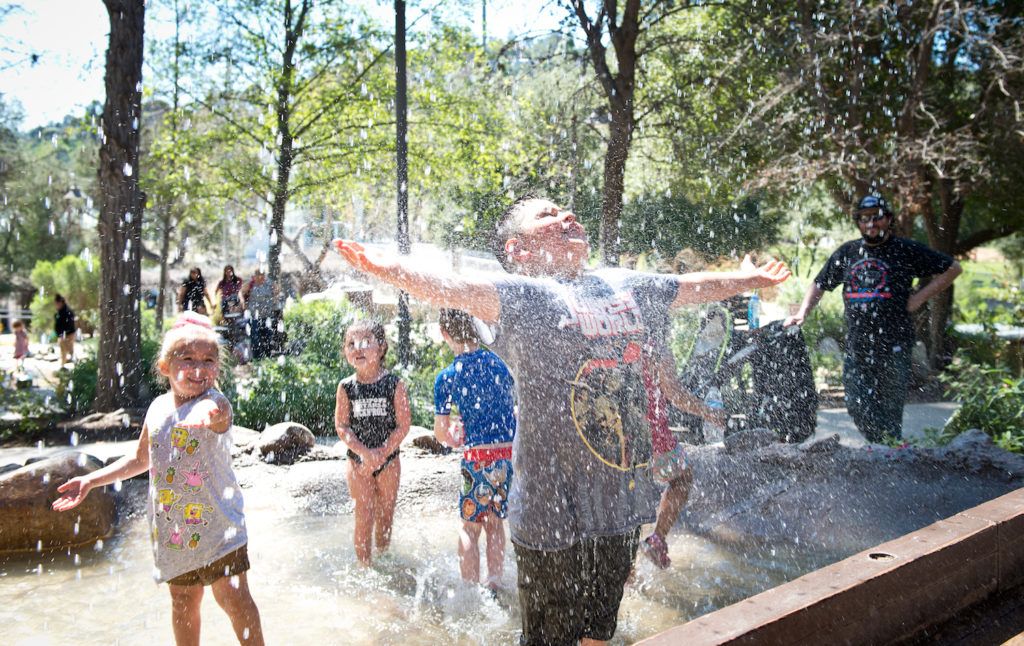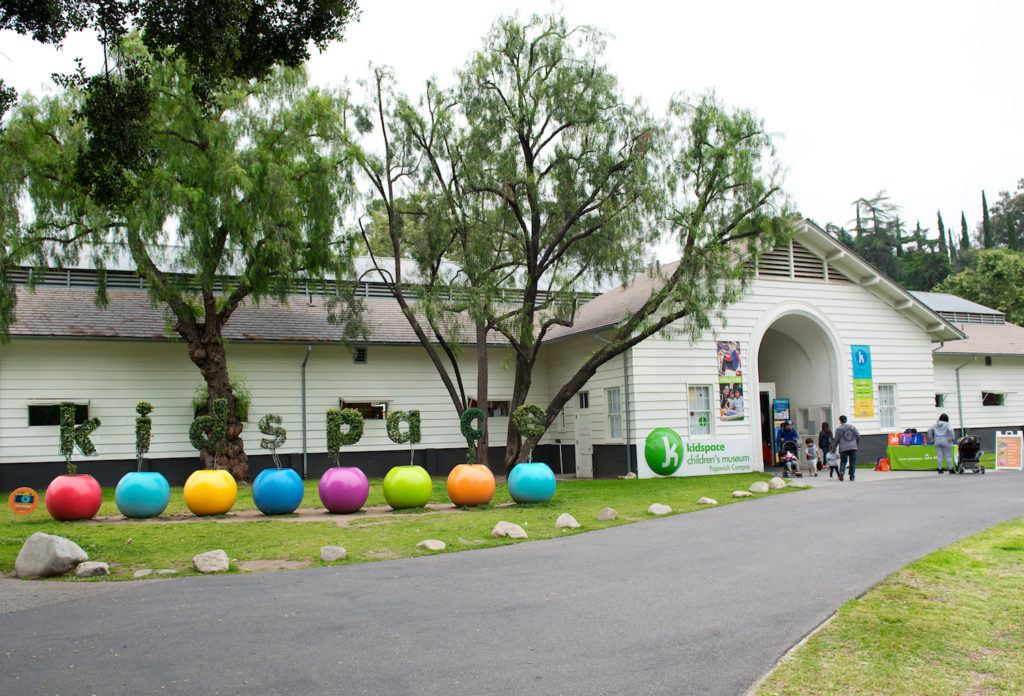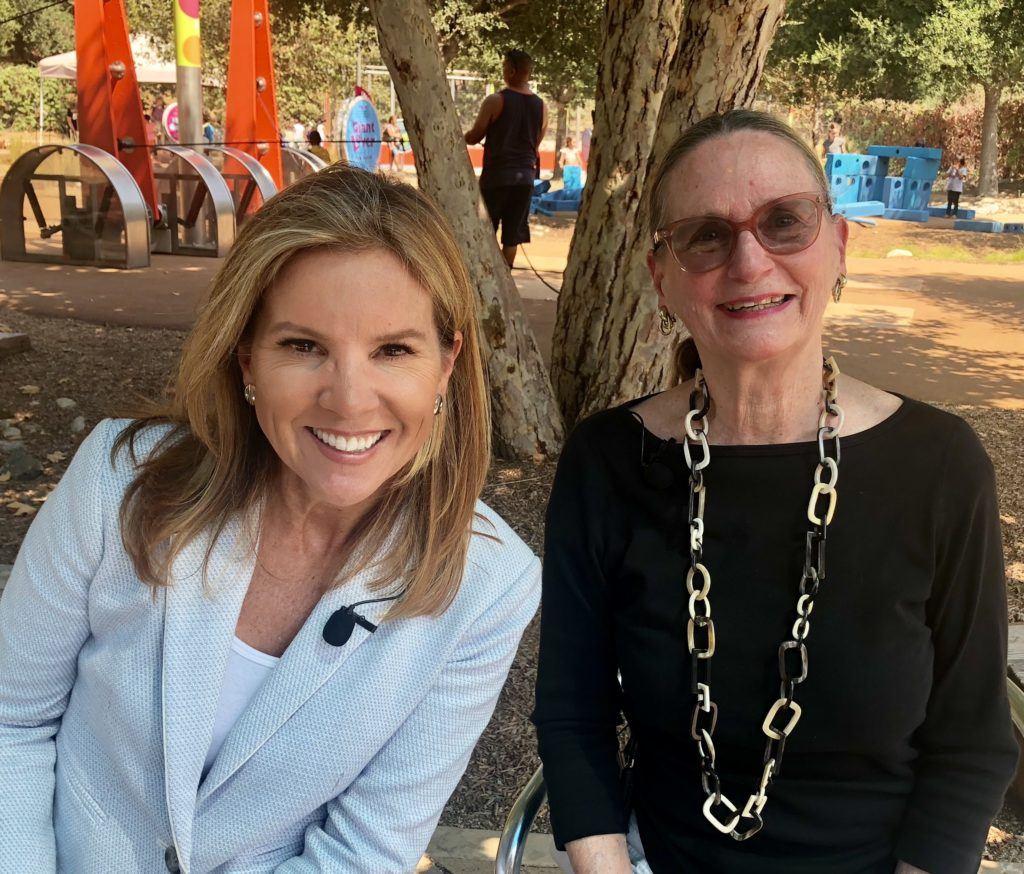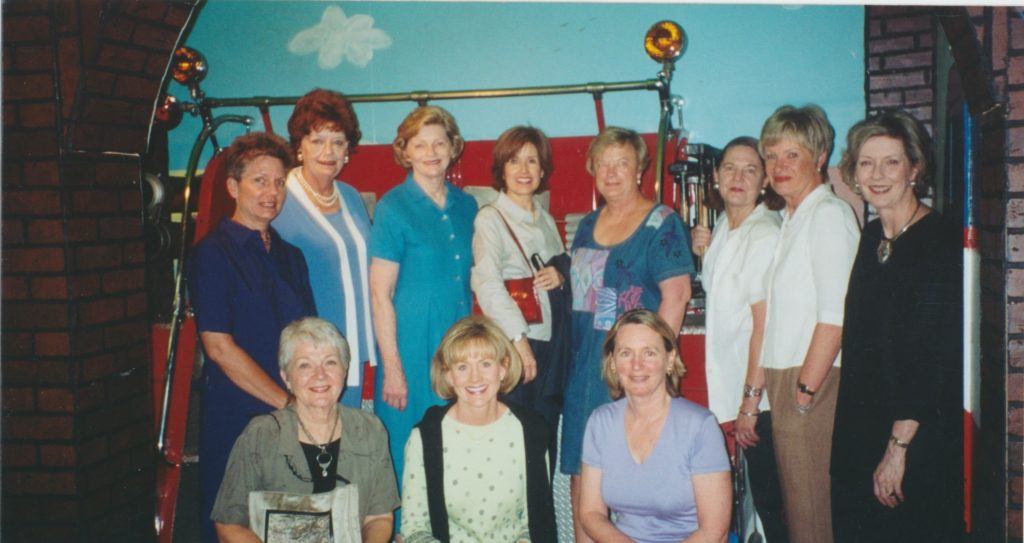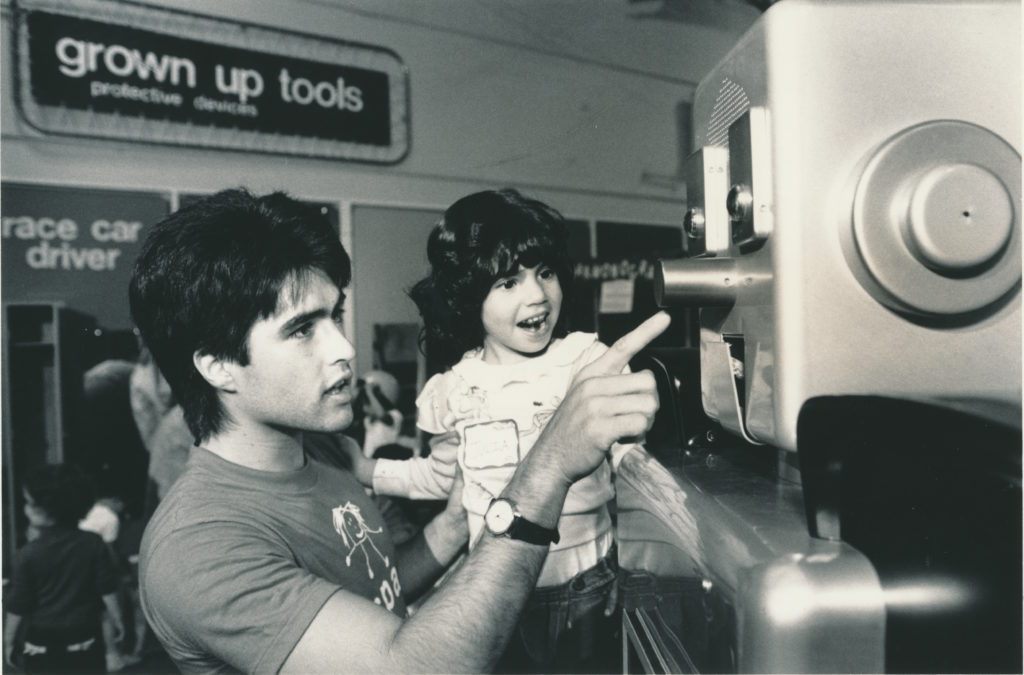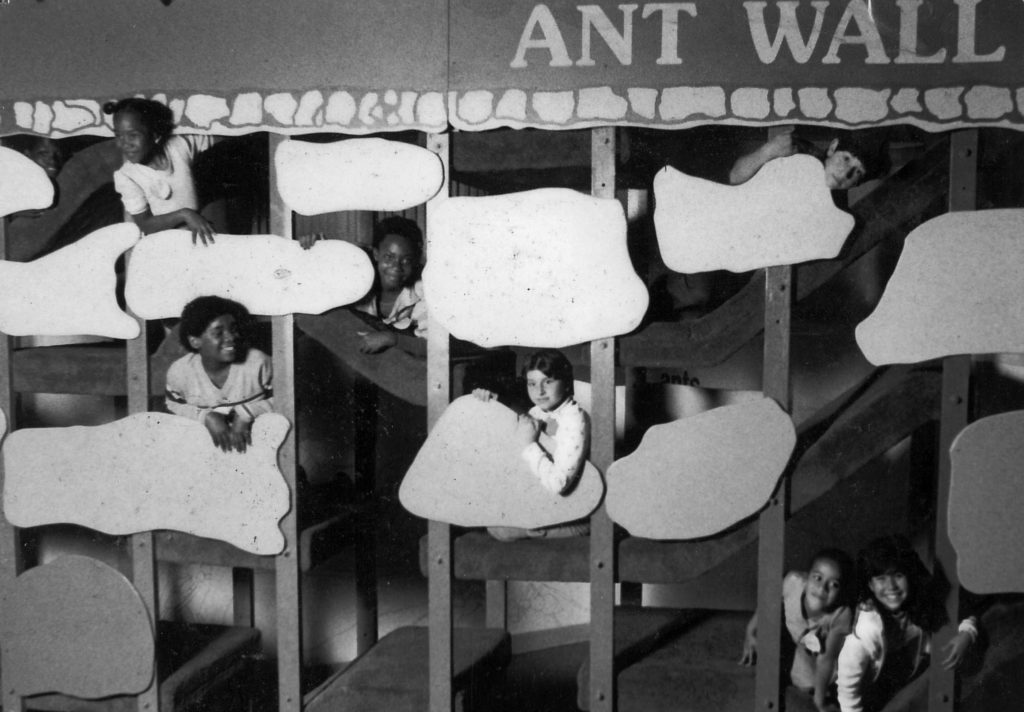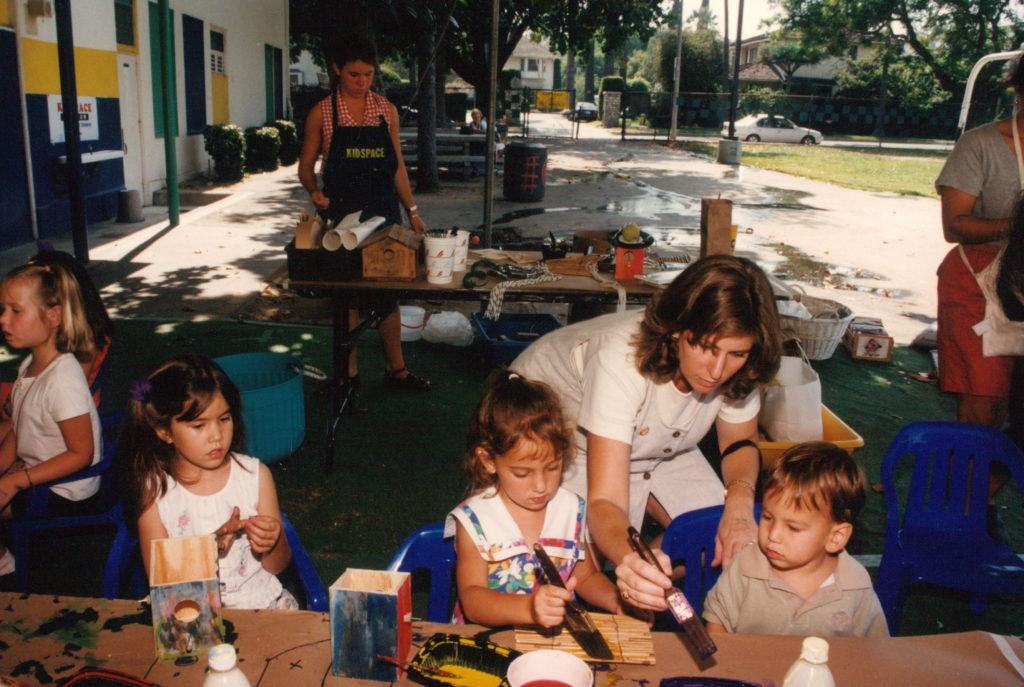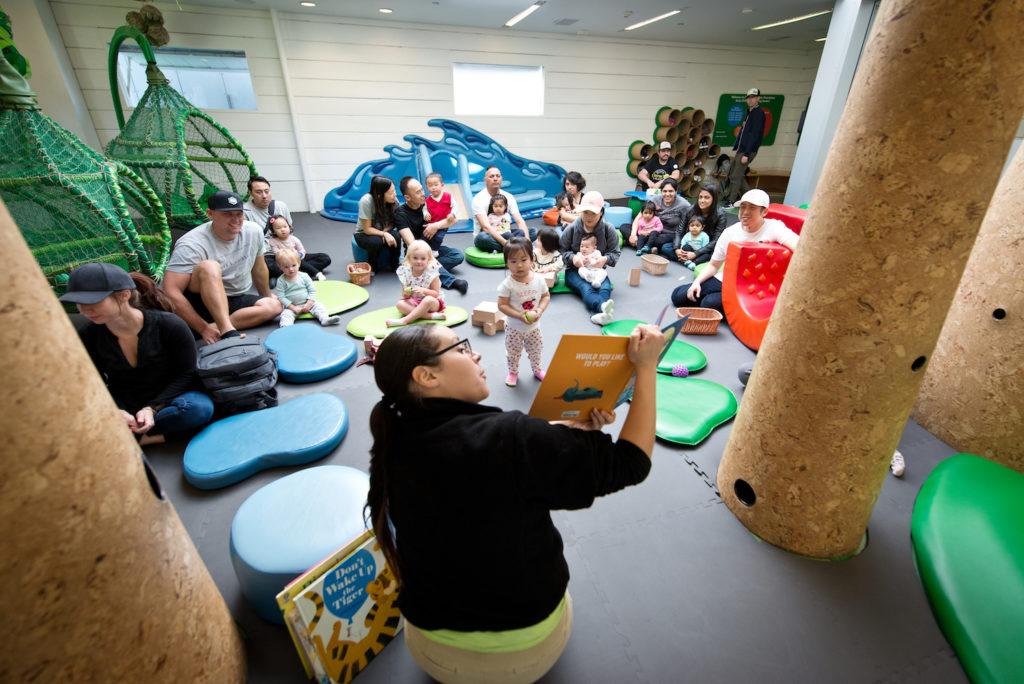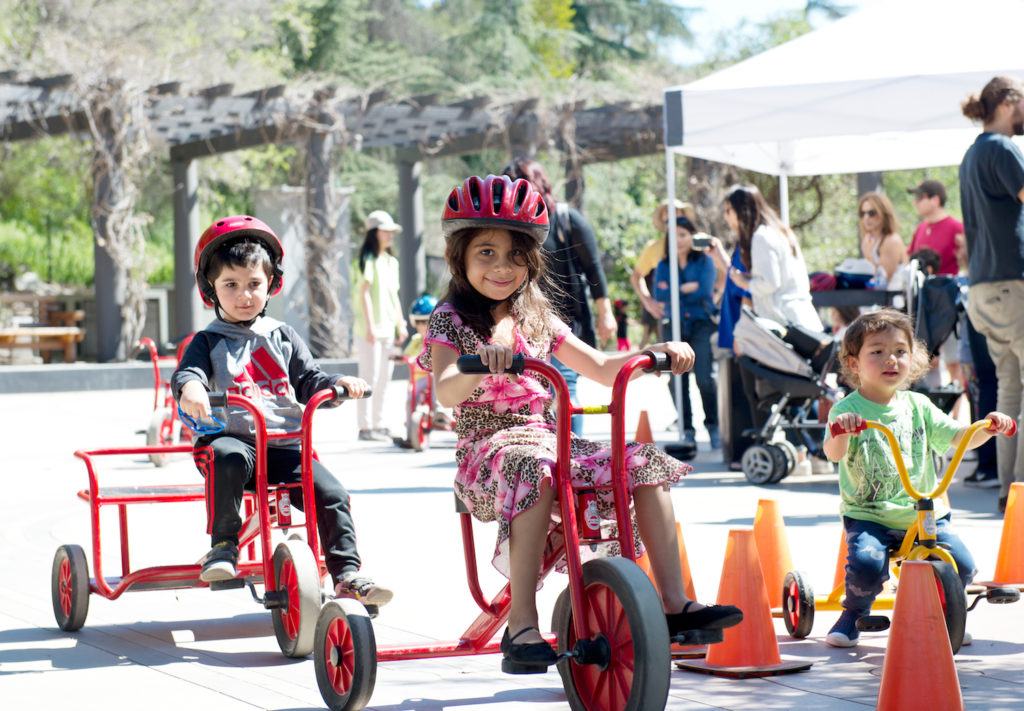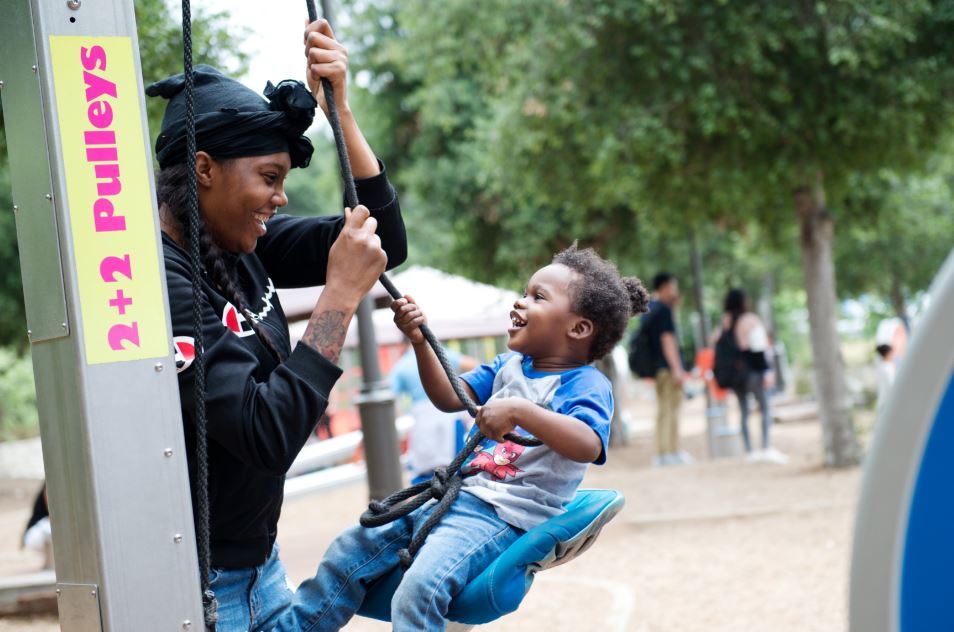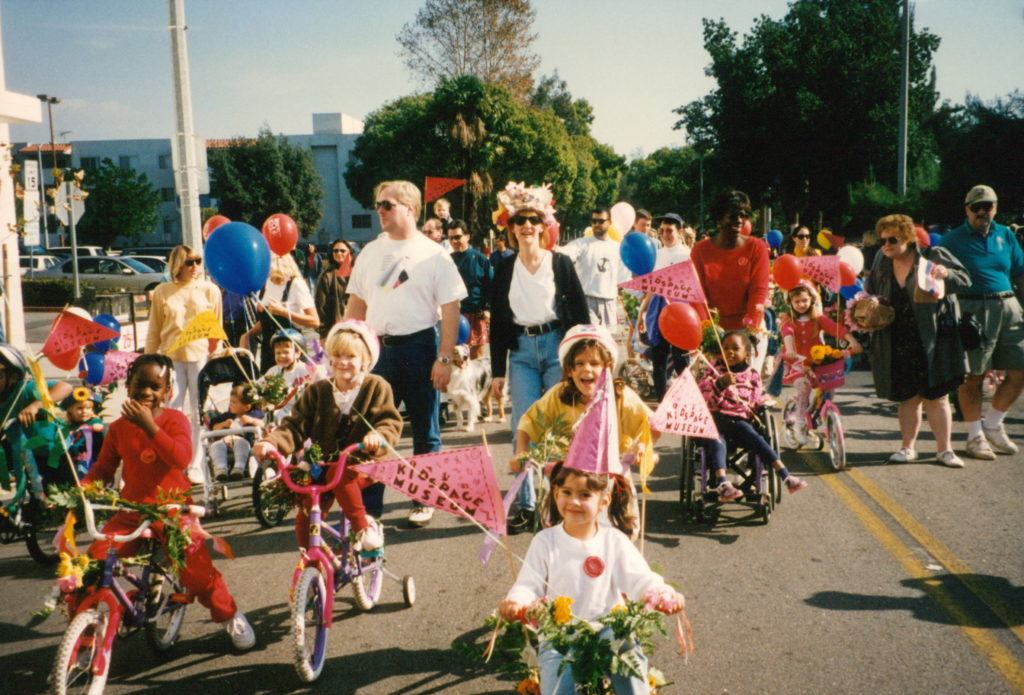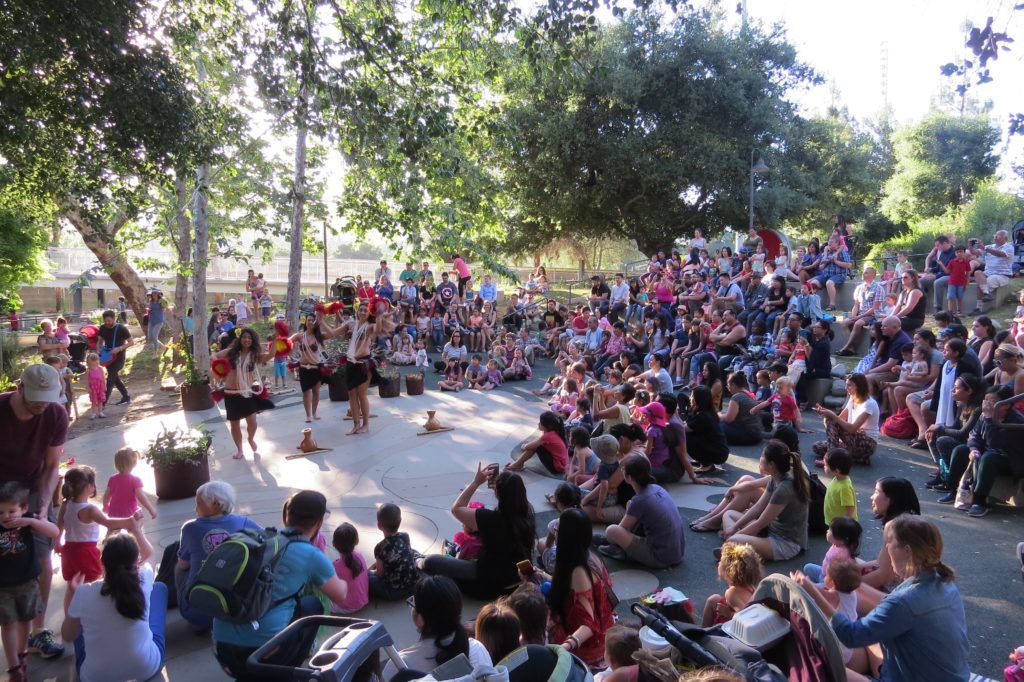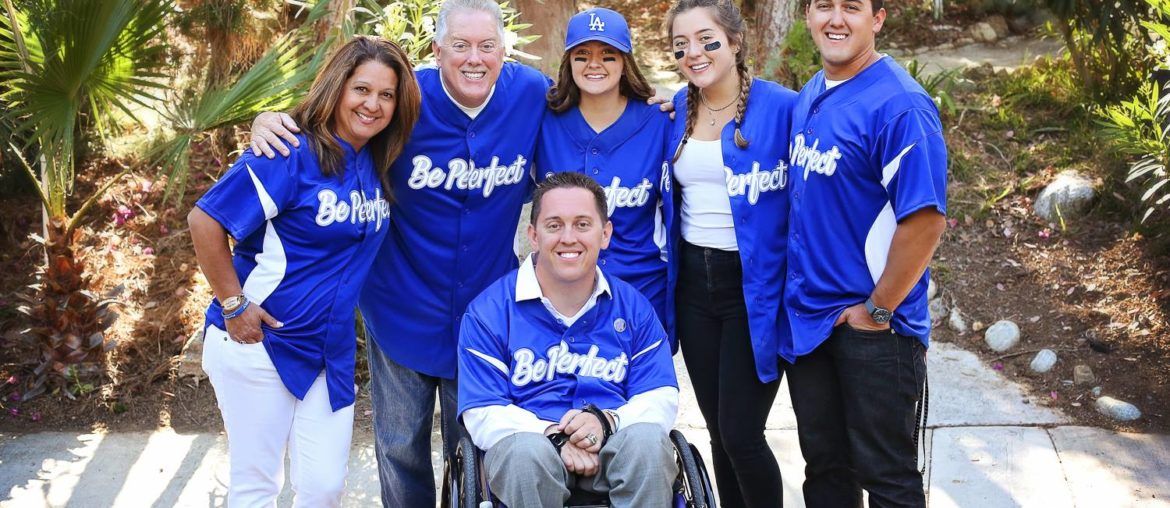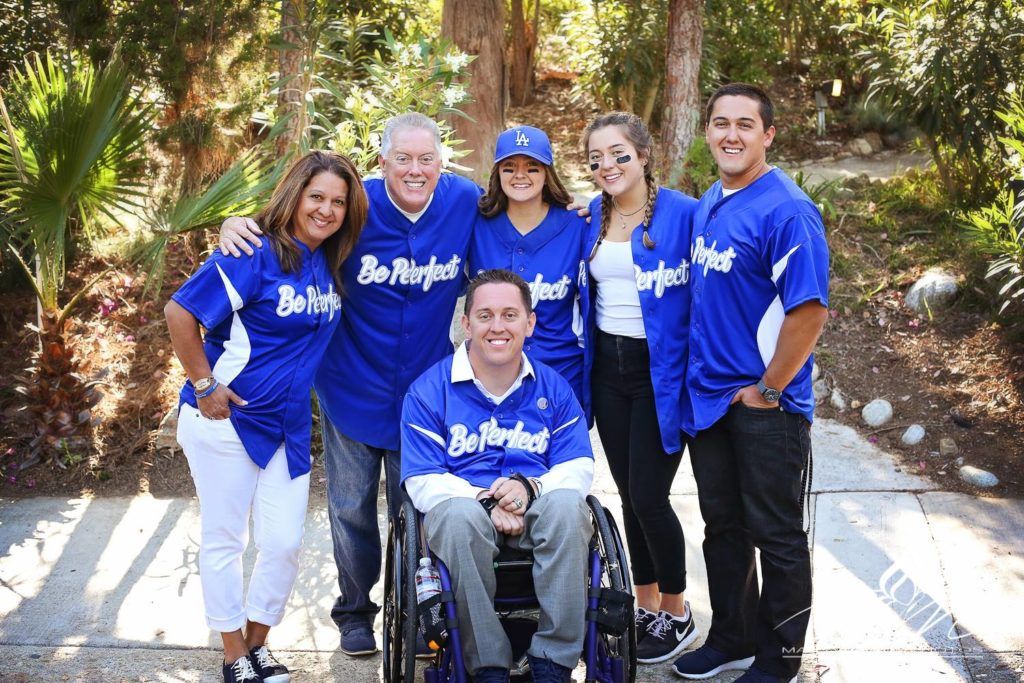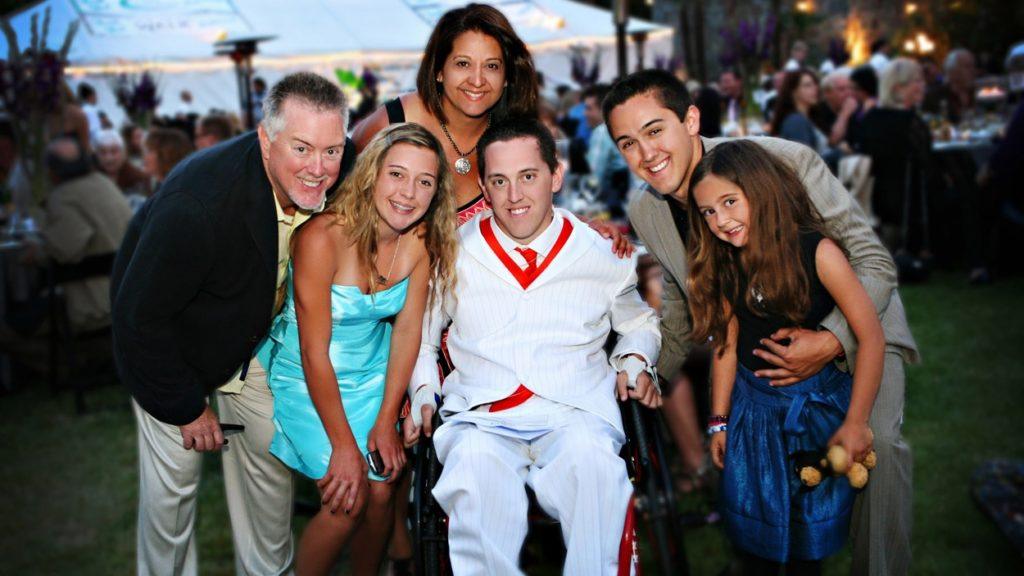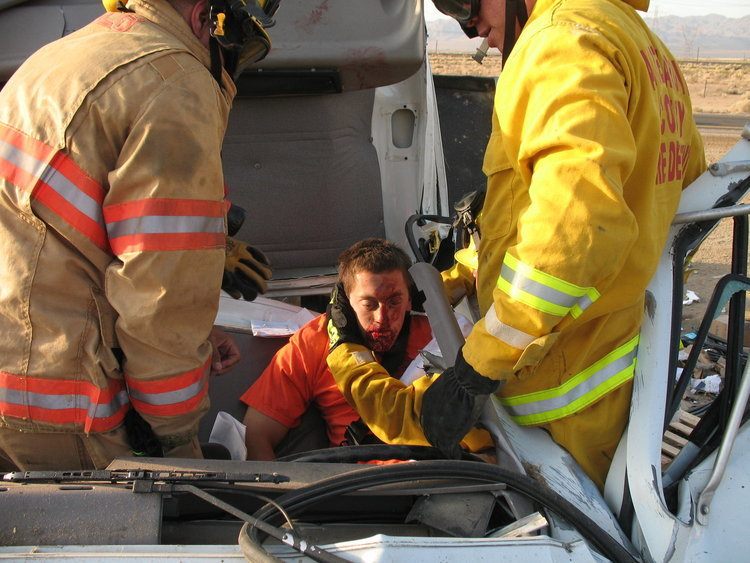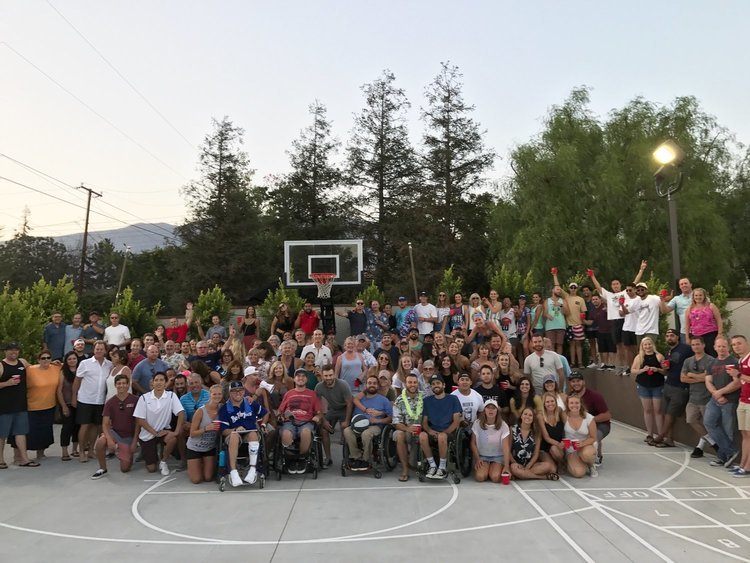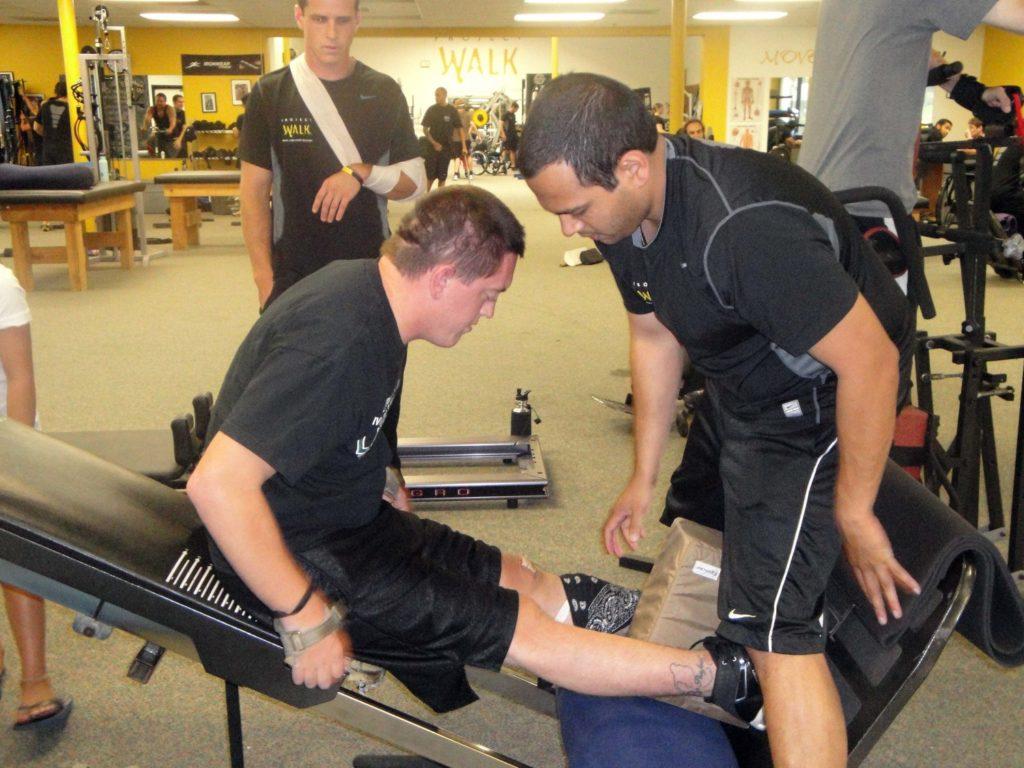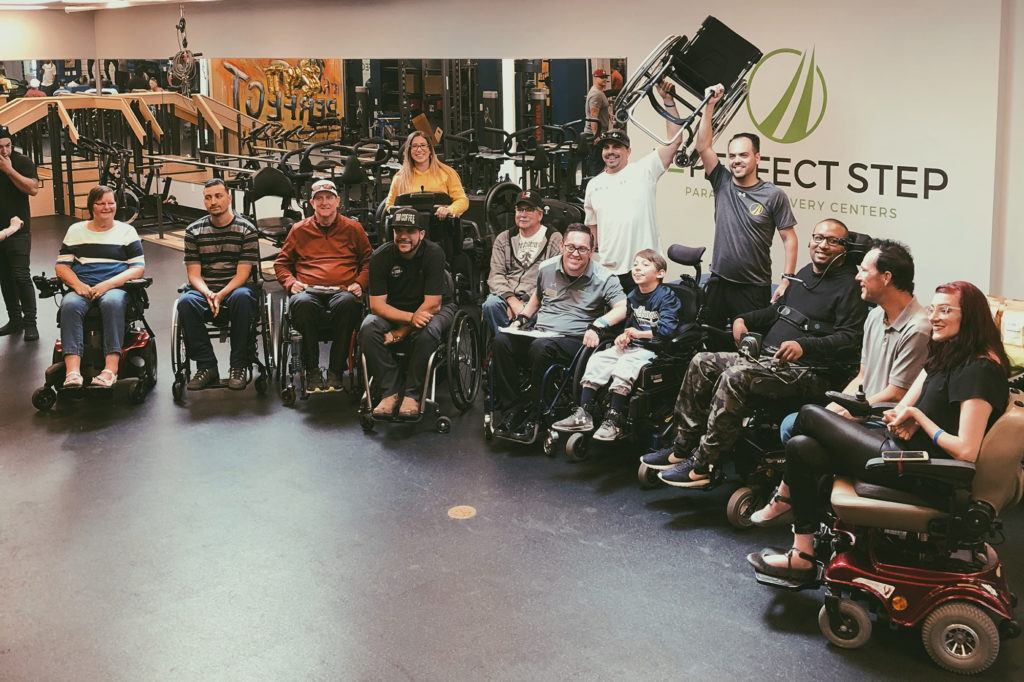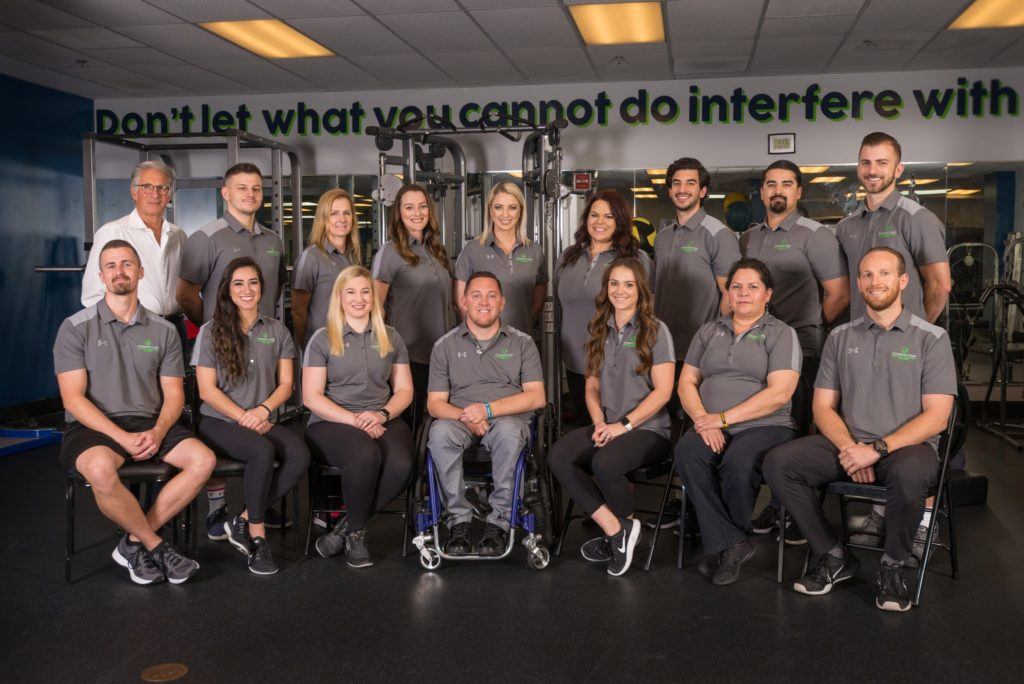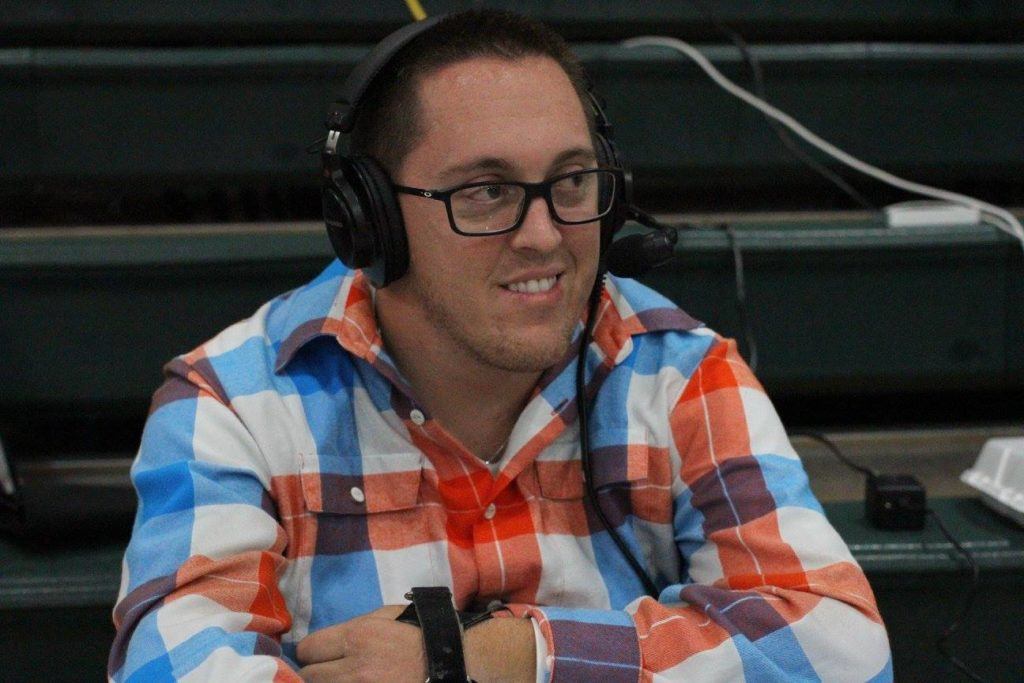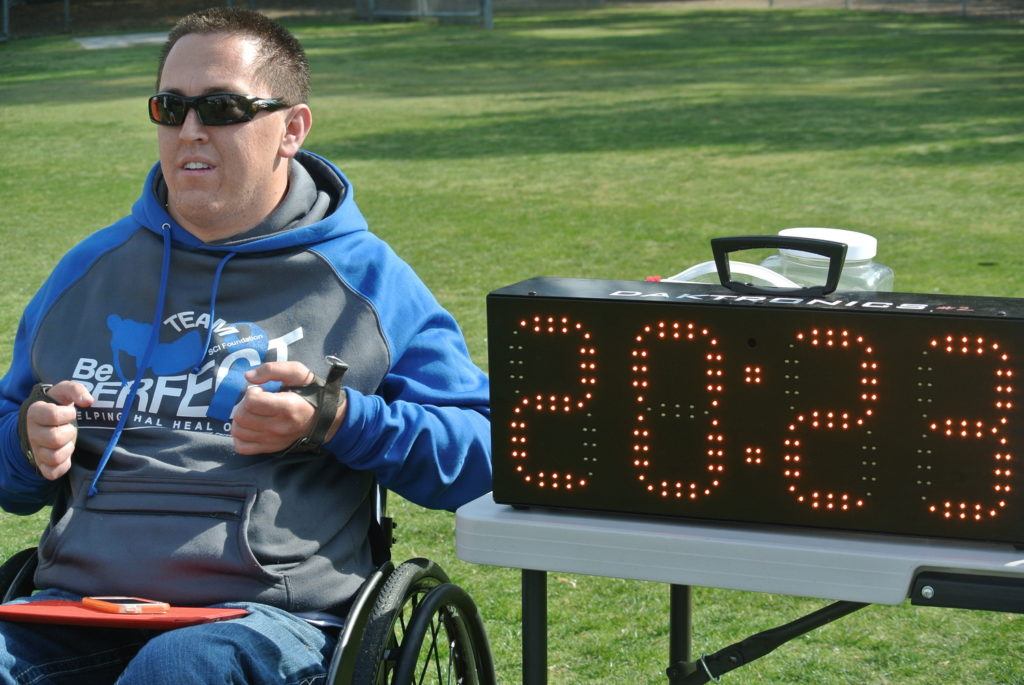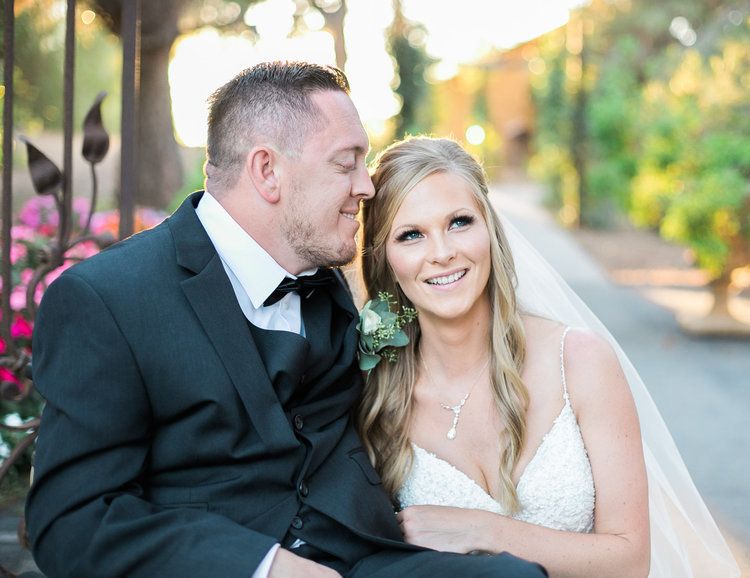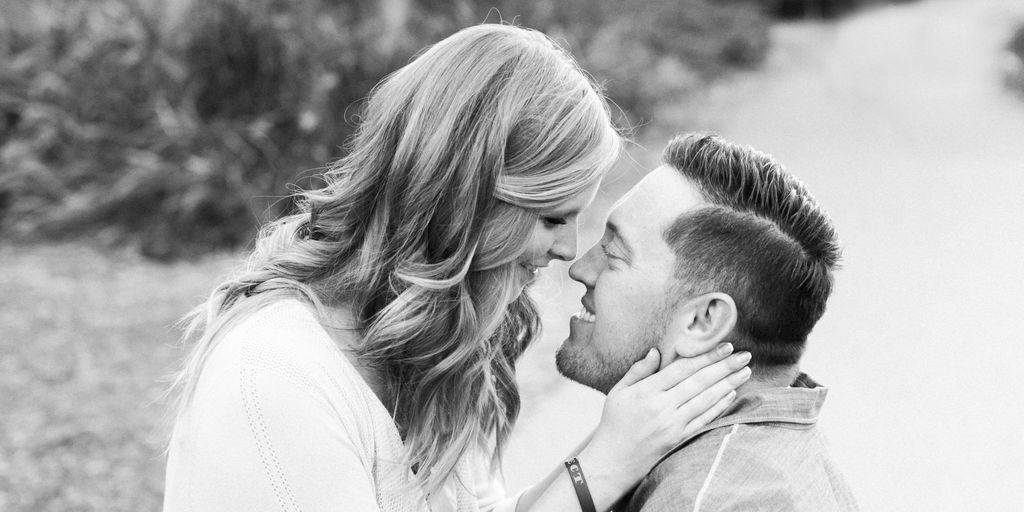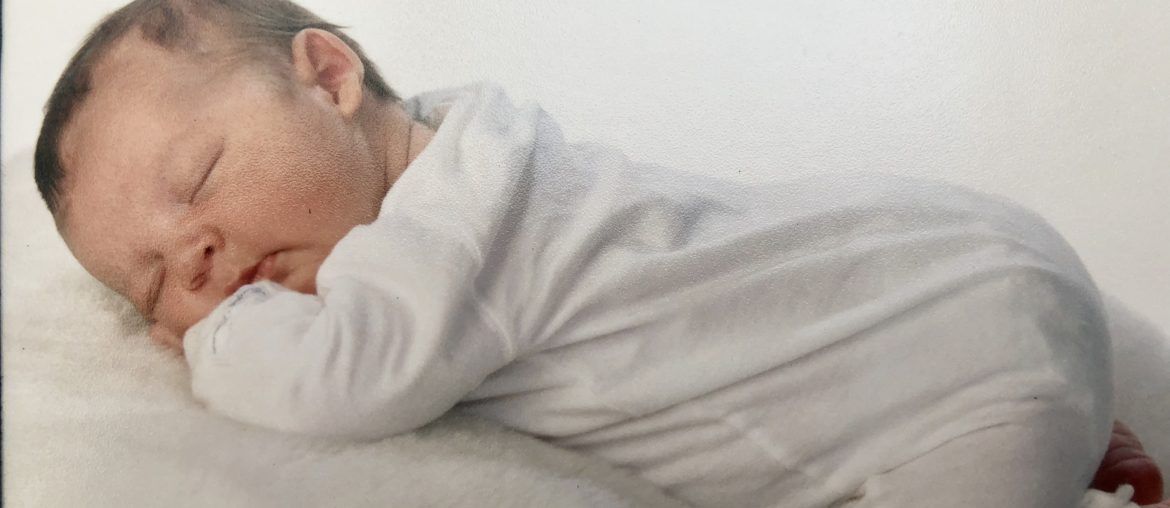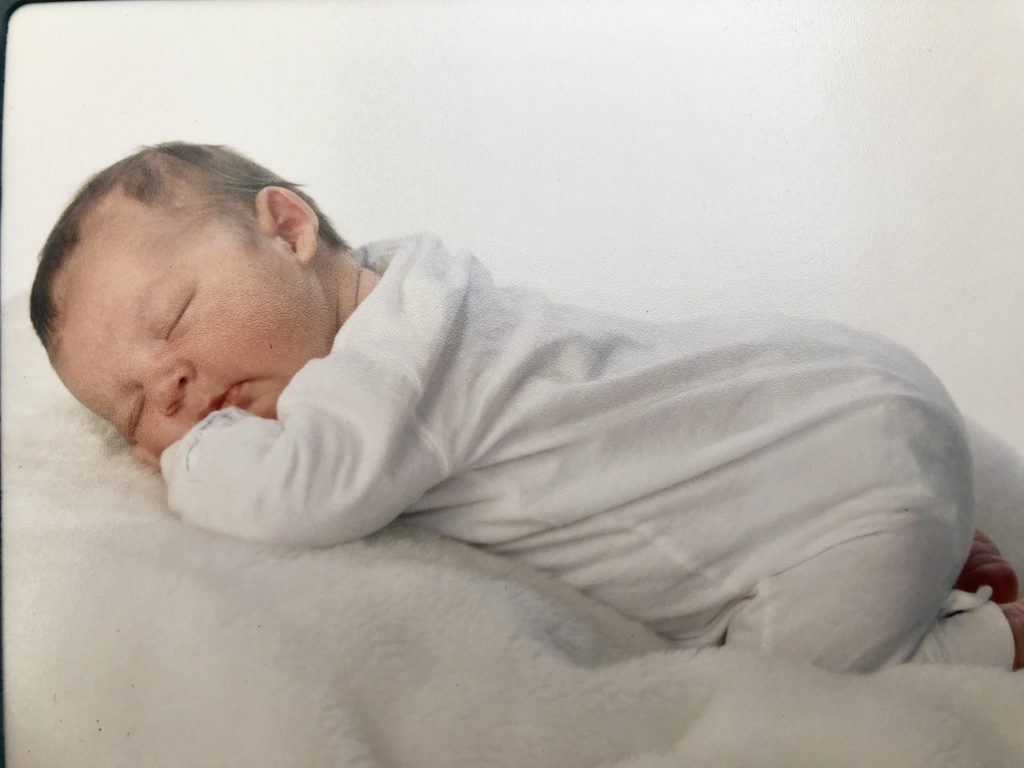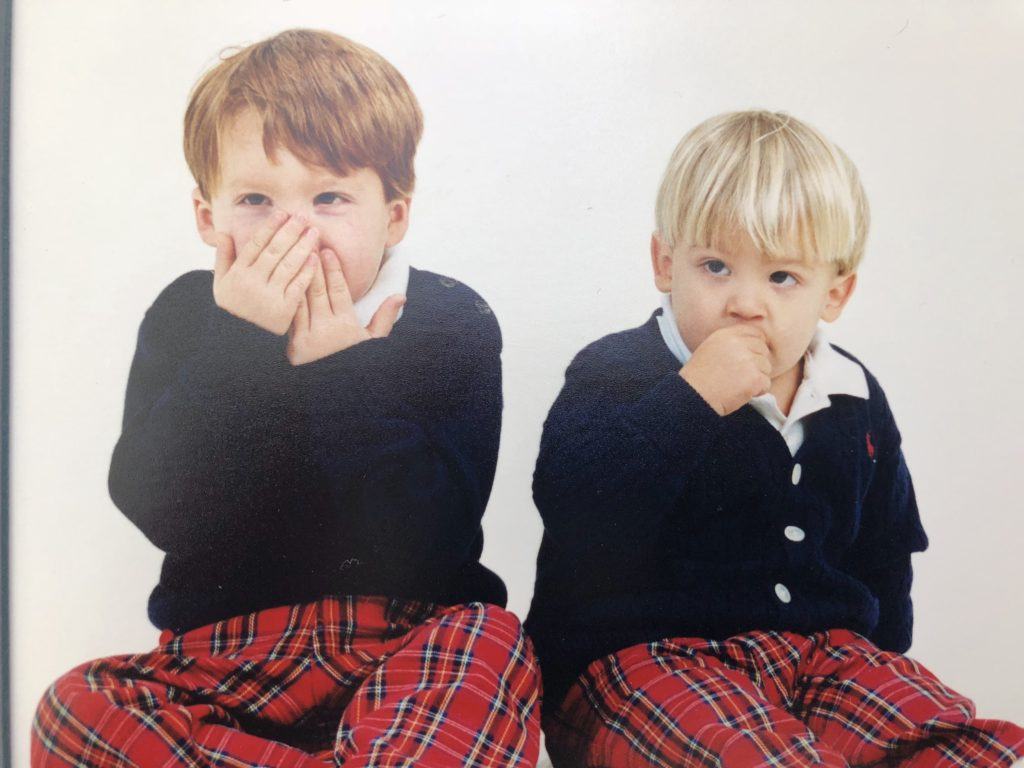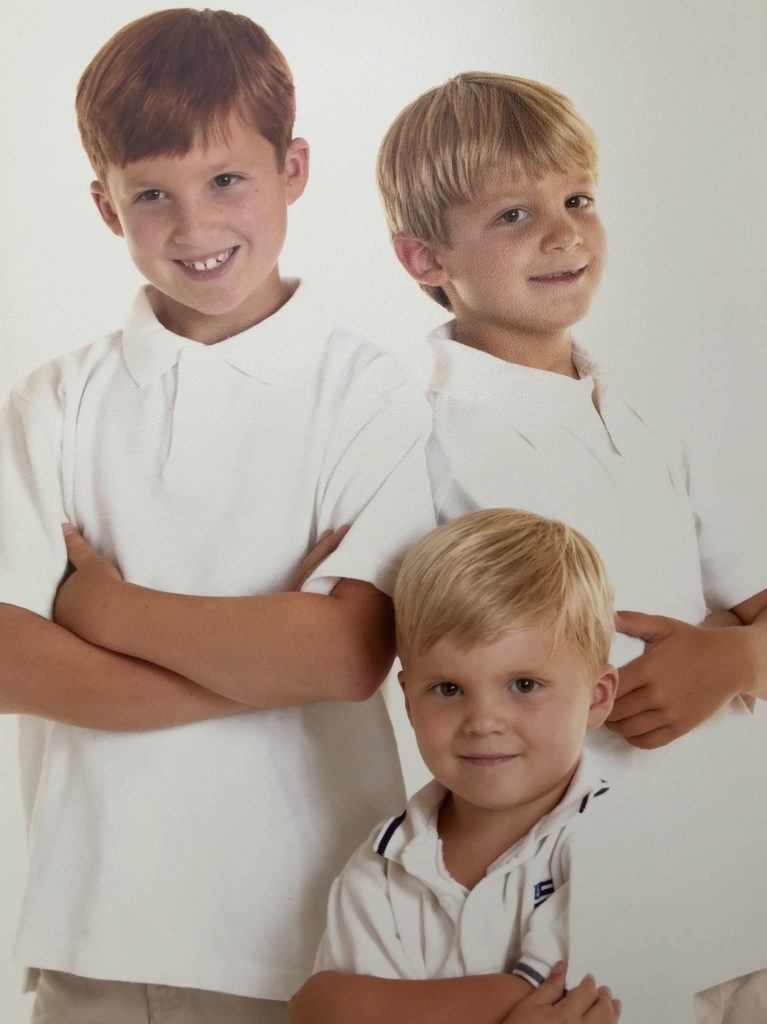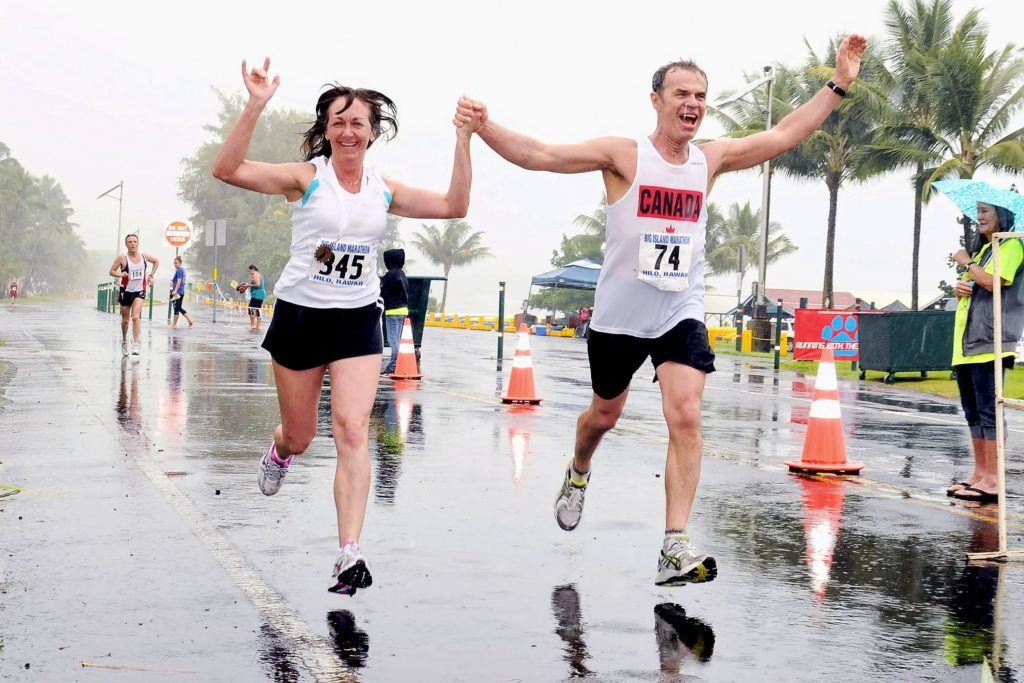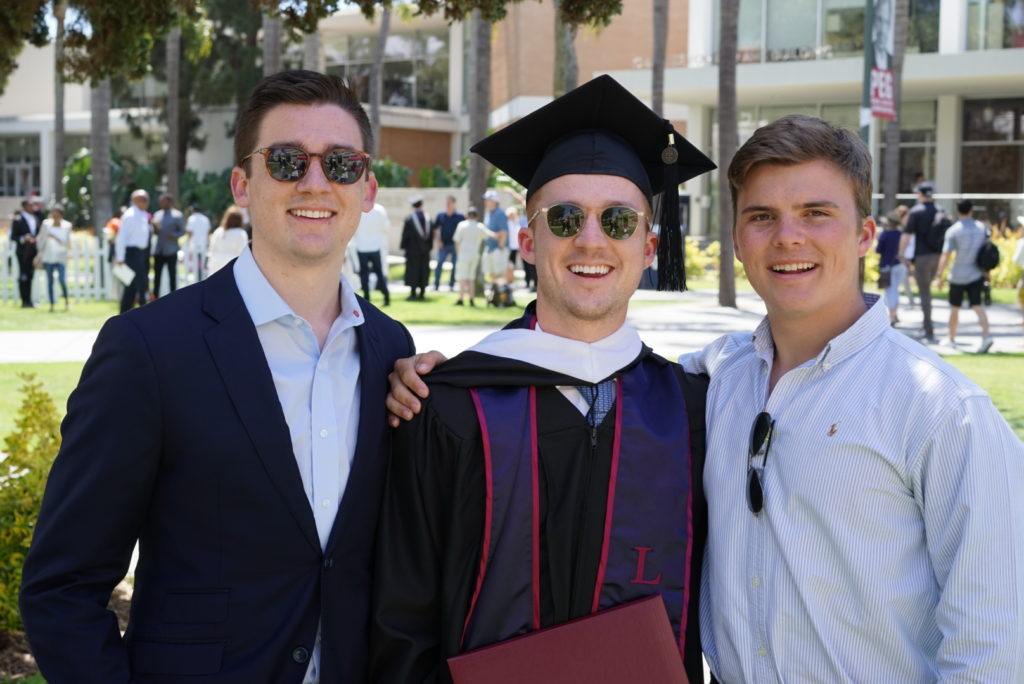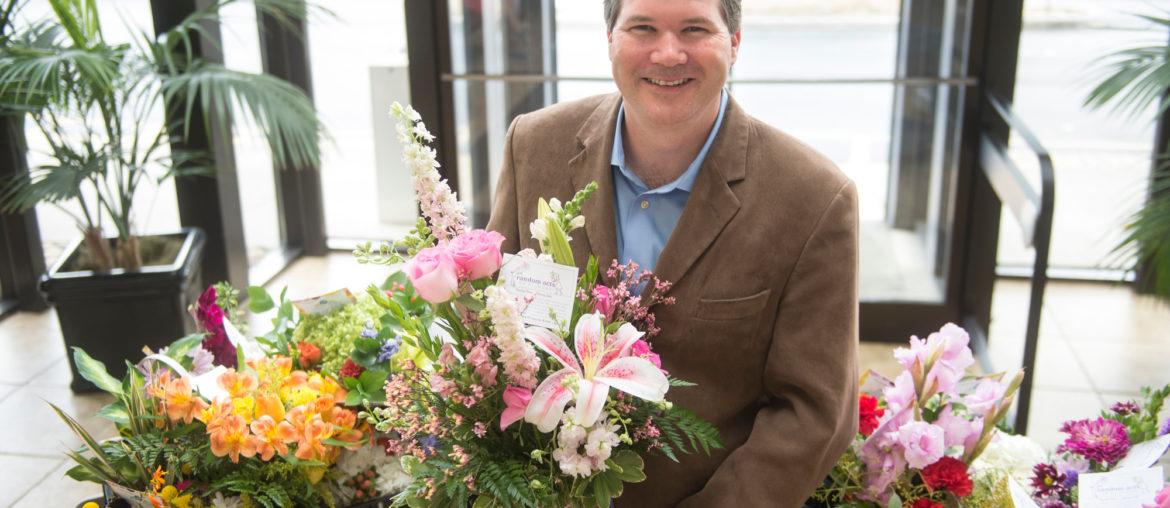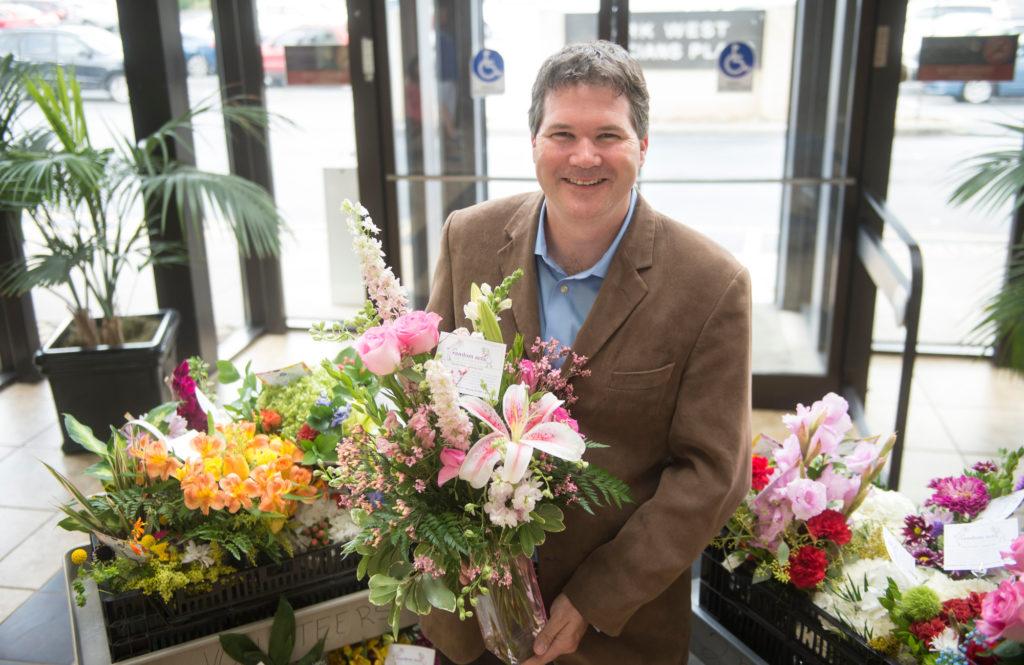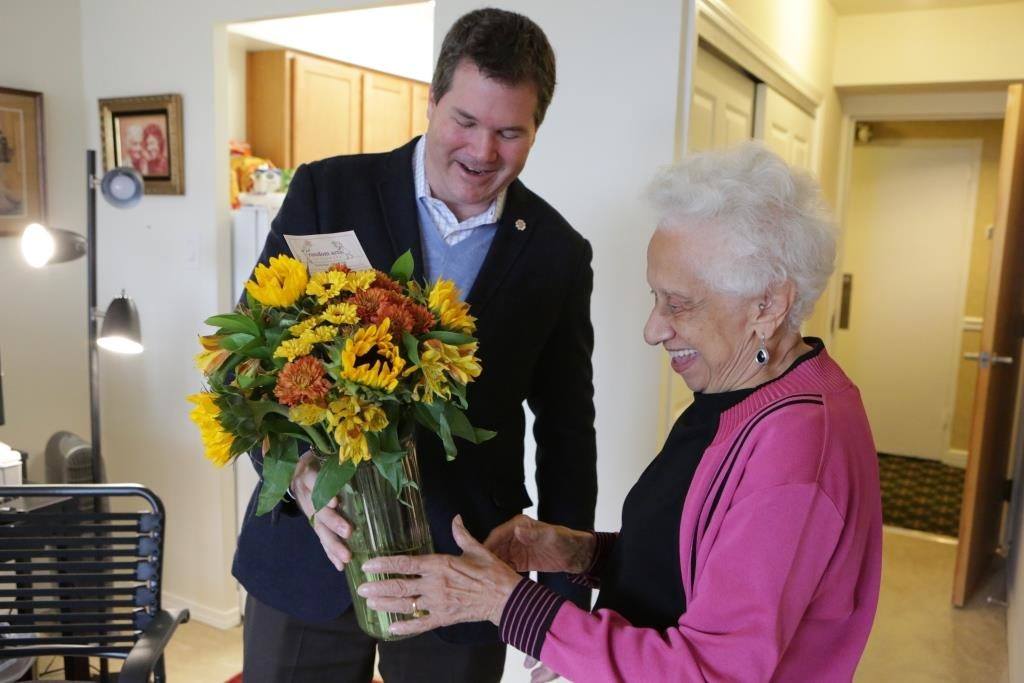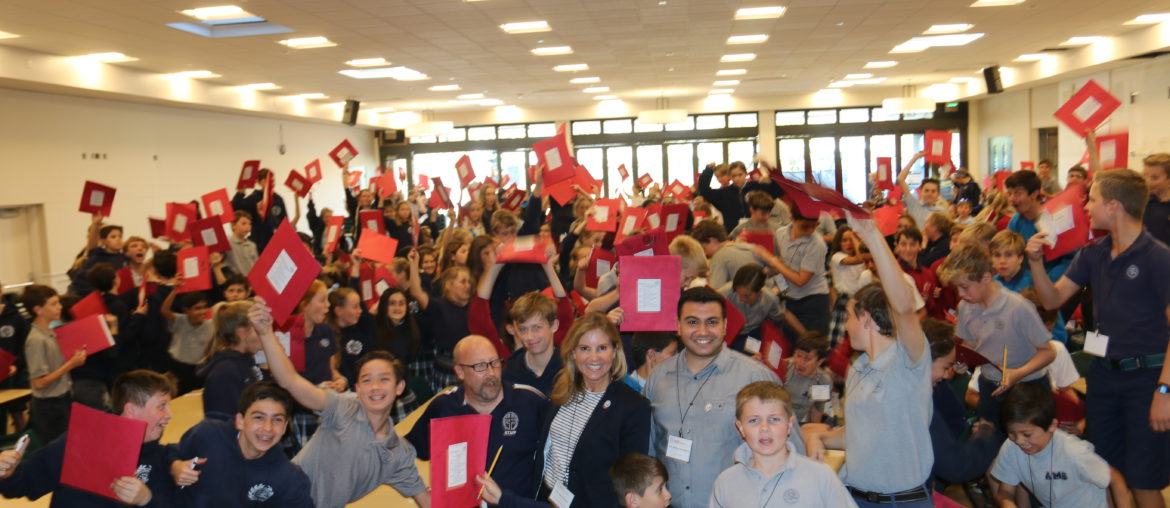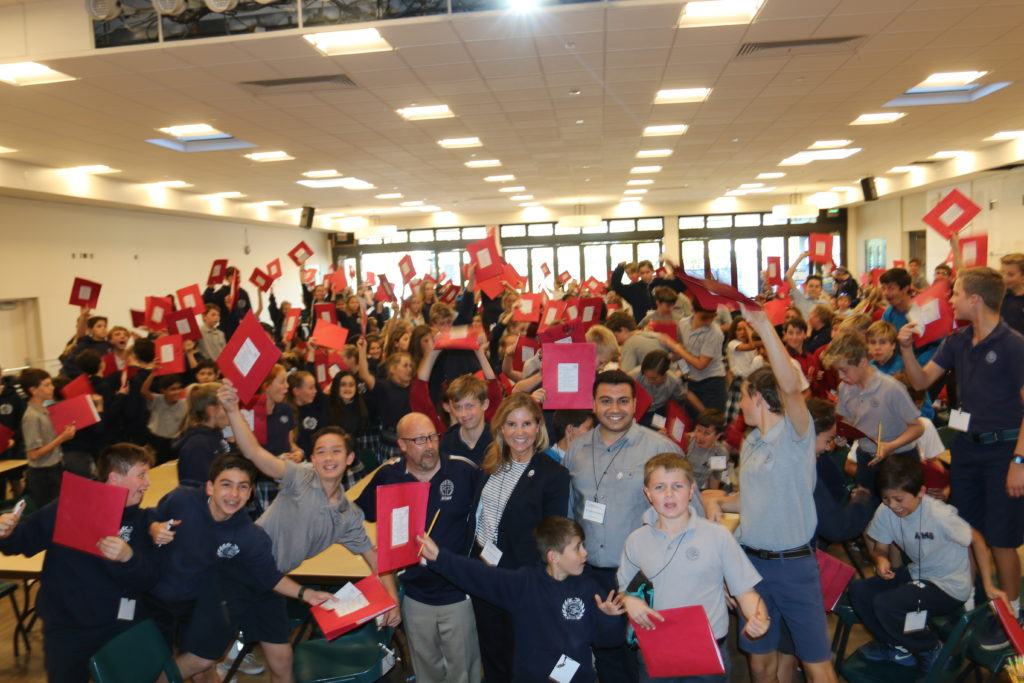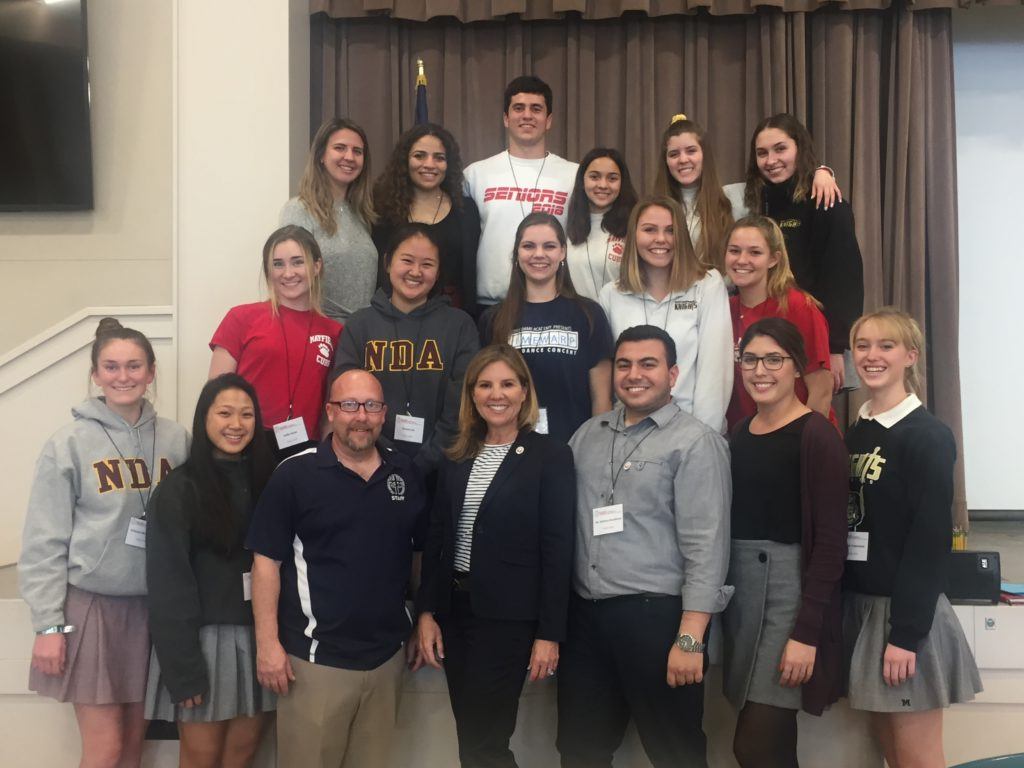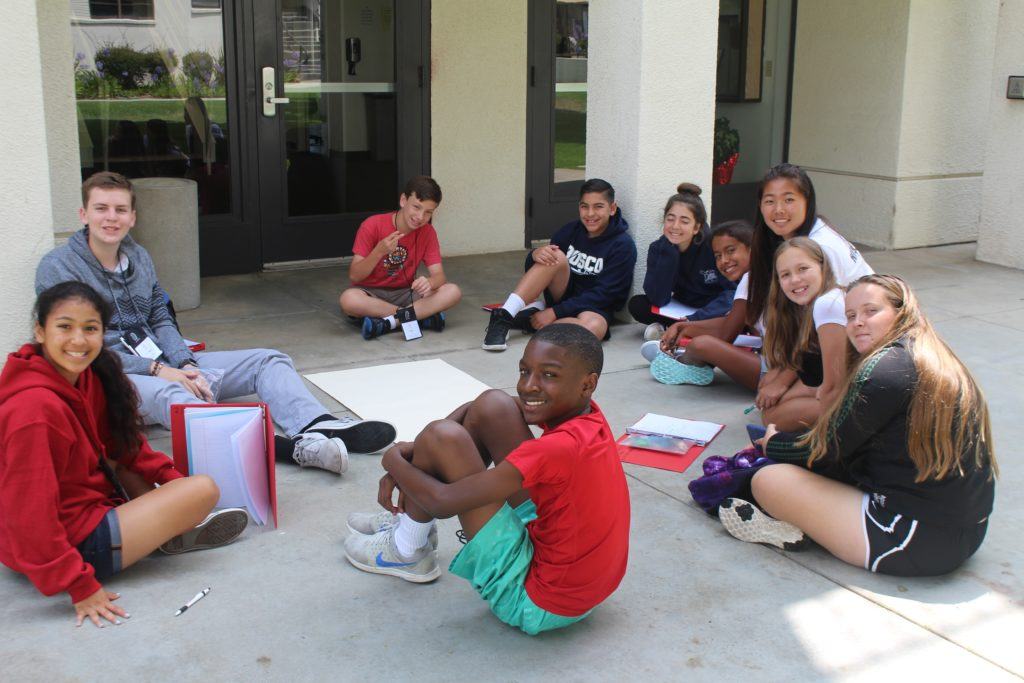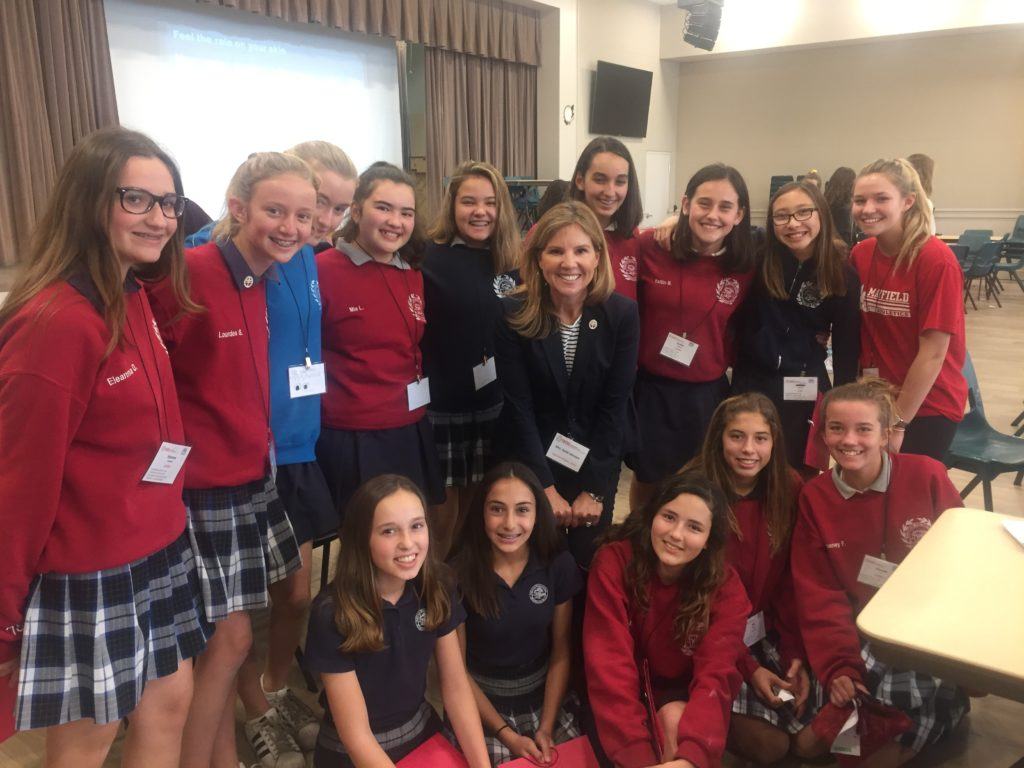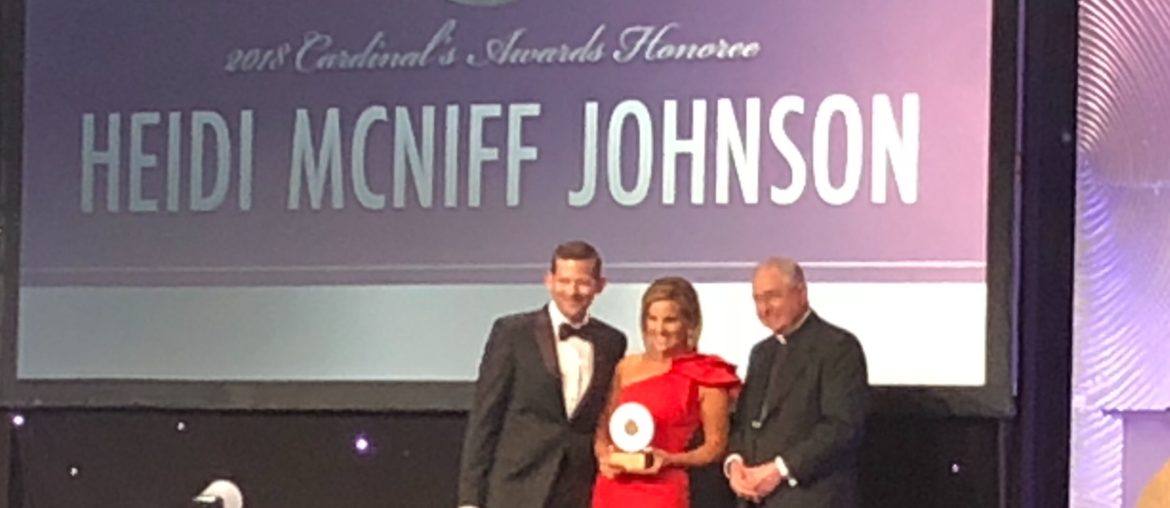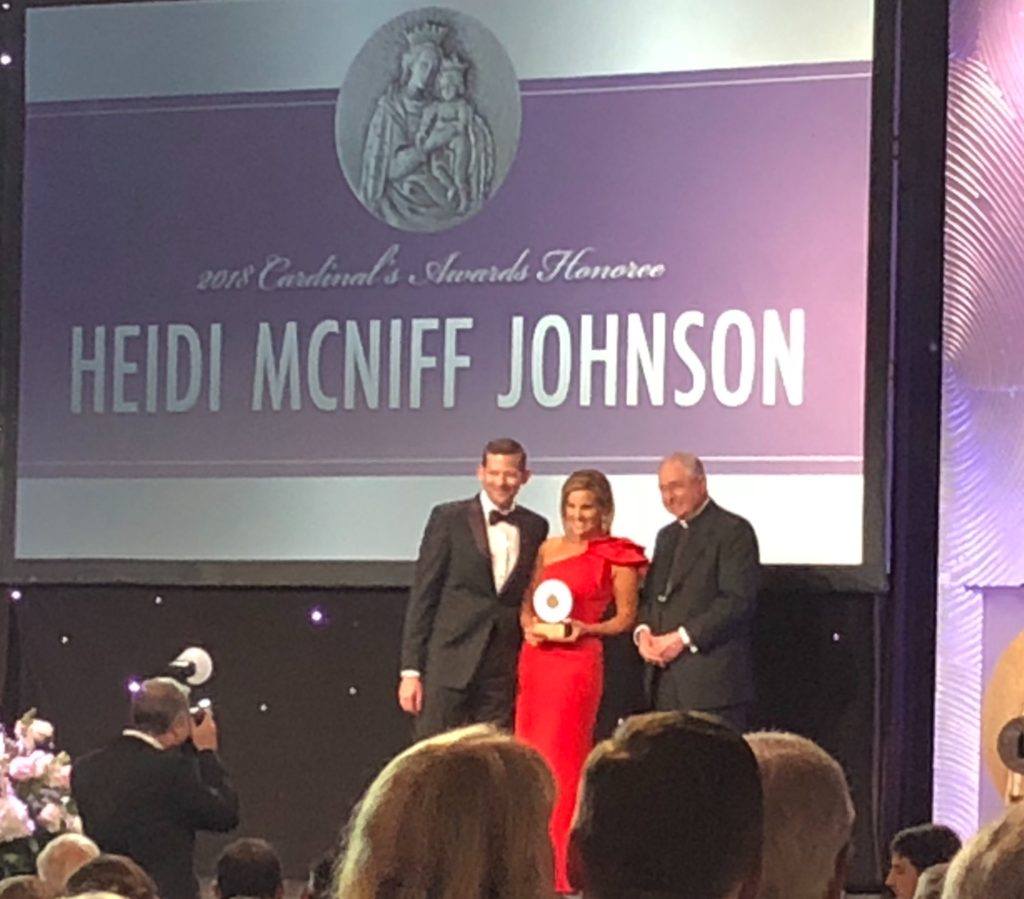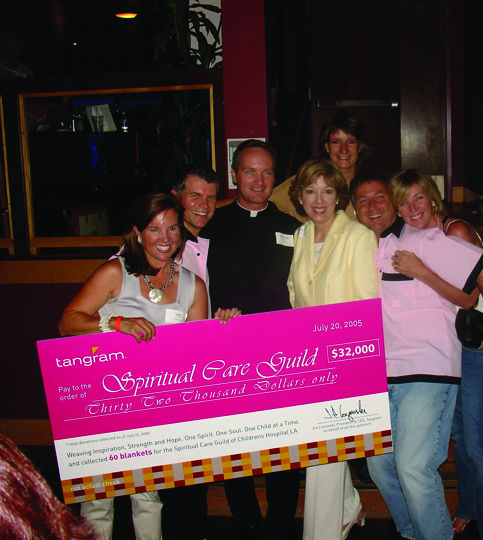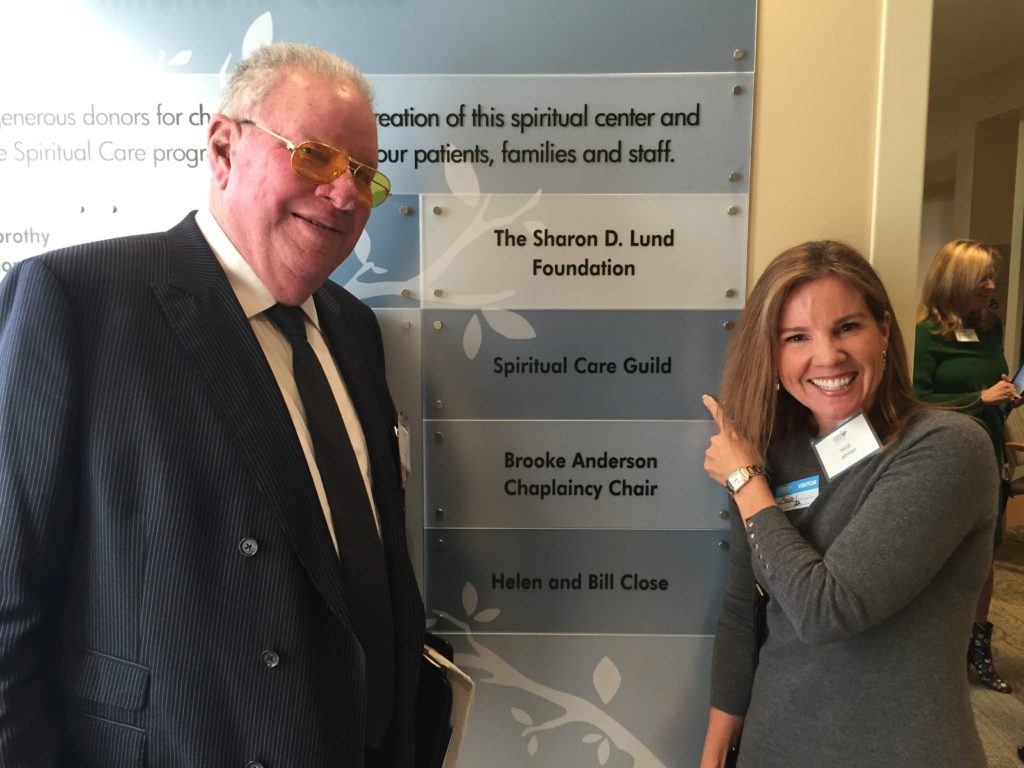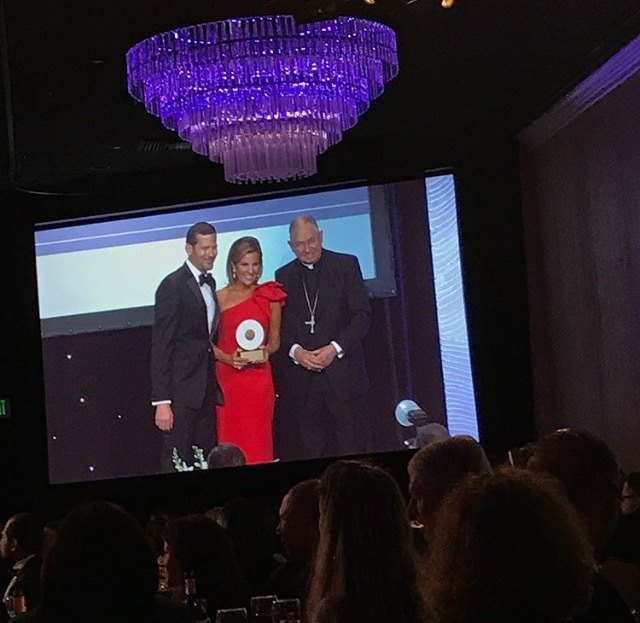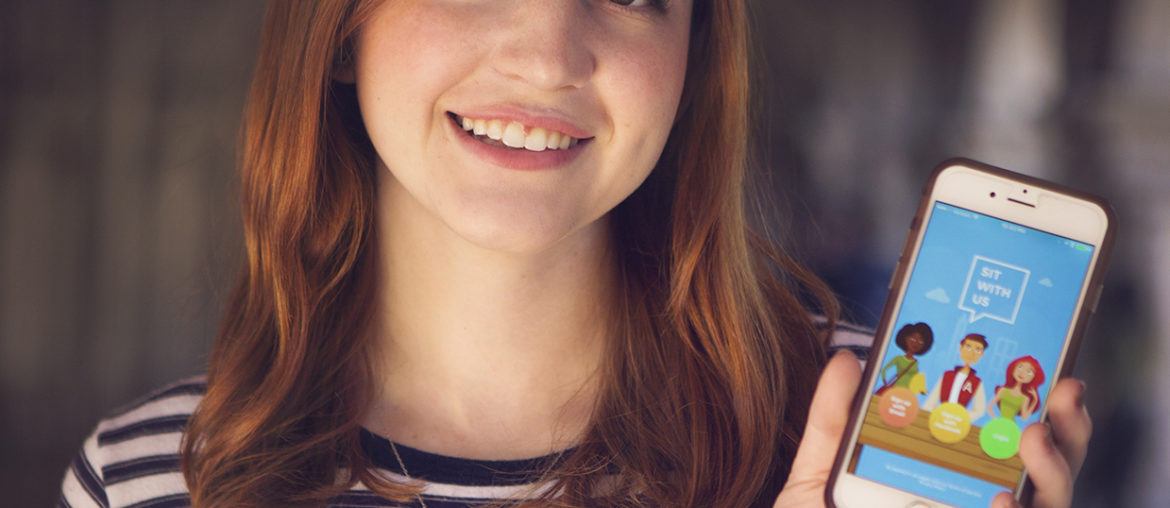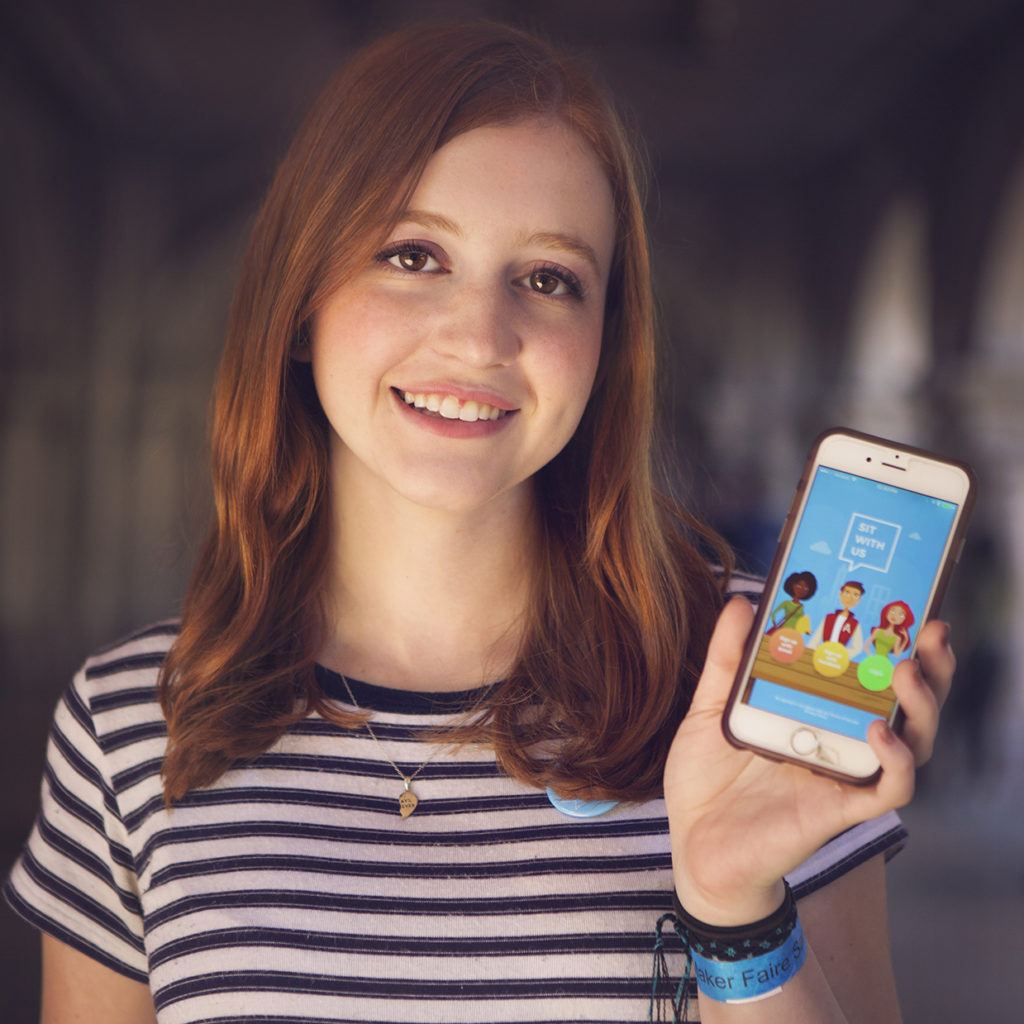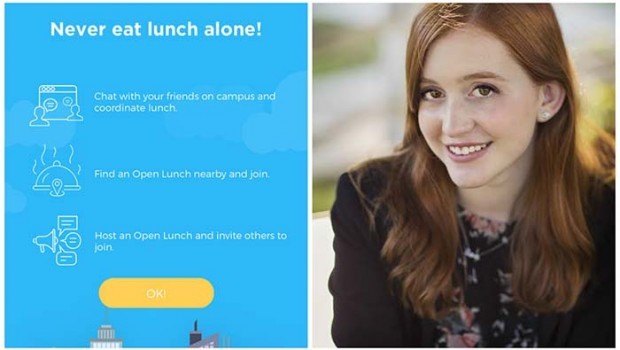Life is full of serendipity if you pay attention. A few weeks back I went and visited my old grade school. When I was talking to the Principal, Joe, something came up about Charity Matters. Joe said, “You should talk to my wife. She has an amazing nonprofit.” And so I did and I can’t wait for you to meet the incredible Marcie Gilbert. Marcie is the co-founder of the nonprofit Calibrate.
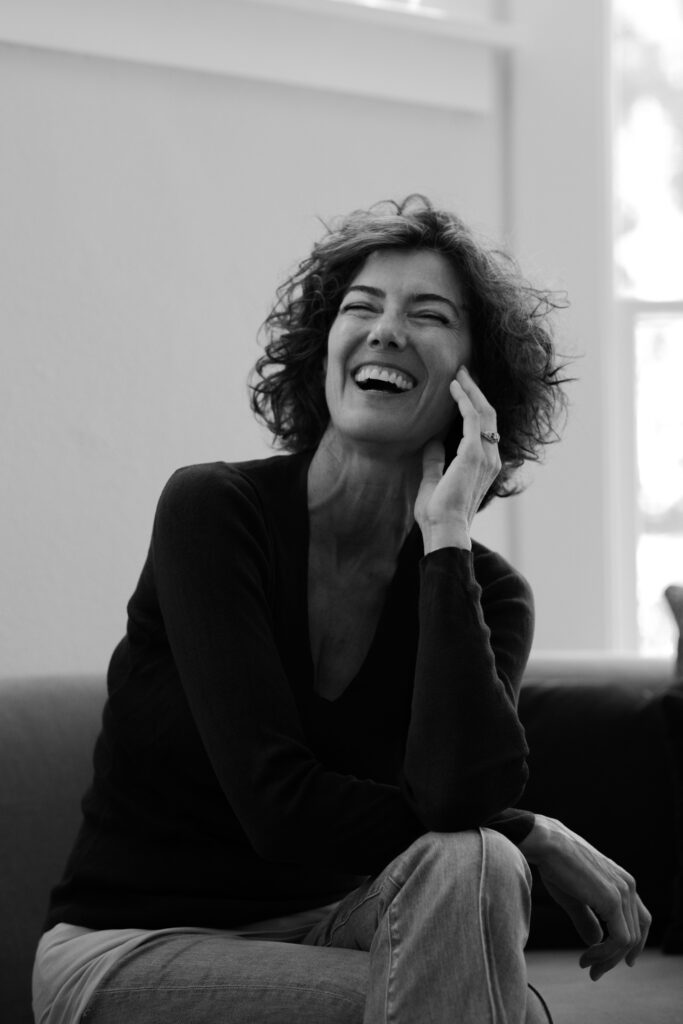
The serendipity didn’t end there, Marcie’s beautiful work is very similiar to mine, working with youth leaders who in turn mentor other leaders. So join us today for an inspirational conversation to learn about Marcie’s incredible work with Calibrate. She is a ray of sunshine and will leave you feeling warm and inspired.
Here are a few highlights from our conversation:
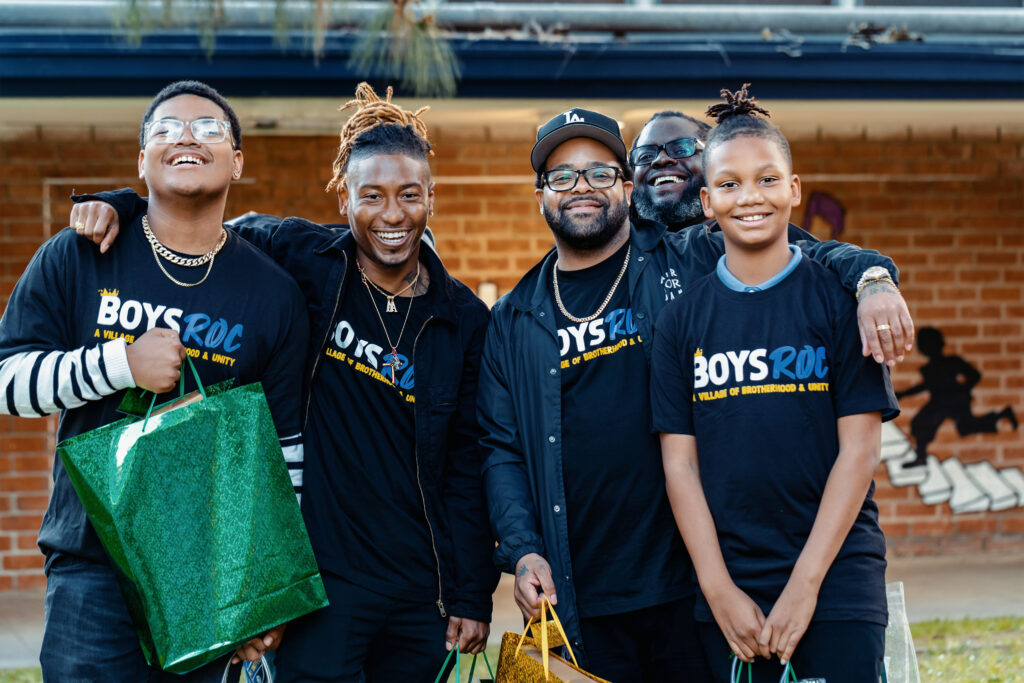
Charity Matters: Tell us a little about what Calibrate does?
Marcie Gilbert: Calibrate’s mission is to transform the lives of young leaders from under resourced communities to make them feel valued and prepared to reinvest their time back into their community. We have three primary activities of focus. One of them is we want to provide the social emotional foundation for our youth in under-resourced communities to be able to thrive. We do that through a program we call Connections,that has been in Los Angeles schools since the mid 1980s.
Our second activity is we are interested in creating a virtuous cycle of generational health. We are training young adults from our communities. Typically, these are alumni of our Connections programs, to go back and reinvest in their communities. Calibrate raises money in order to pay those young adults to go back and reinvest in their communities by leading the Connections programs. And then the third activity that we have is coalition building, because we know that to have impact, we need to all come together as a village.
Charity Matters: Did you grow up in a philanthropic family?
Marcie Gilbert: Both of my parents were intensively philanthropic, constantly volunteering on a weekly basis. My mom was always involved in so many different things. One of the things that I always thought was really cool is that she took children’s books, and she transcribed them into Braille. That was those of the days before the Braille typewriters. And so you had to actually literally pinprick each of the letters and I just remember her doing that. What might be a very tedious task, for pages and pages. And so it was everything. It’s part of my DNA.
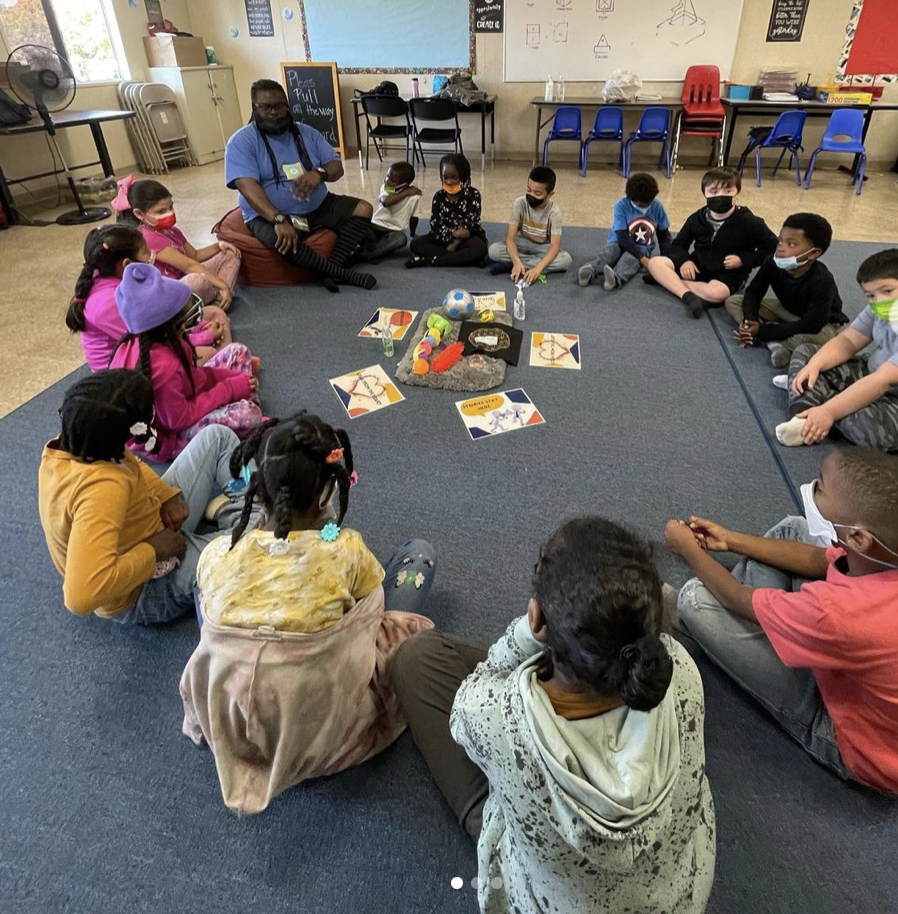
Charity Matters: Tell us how Calibrate started?
Marcie Gilbert: There used to be a place called the Ojai Foundation that was a mecca for all kinds of philosophical and spiritual leaders in the 70s. There was a man named Jack Zimmerman, who created a program which was called Counsel. There was a school in Santa Monica that was started by a man named Paul Cummins called Crossroads. Paul and Jack were friends. Jack said, “Let’s bring this program to Crossroads.”Crossroads implemented this program.
In 1994, when I graduated college, I became connected with Paul and Crossroads. I was trained to be able to deliver this program, which we call Connections. The following year, Paul started a new school called New Roads. He recruited me as part of the founding team. Everybody was trained and this was the social emotional foundation for our school. I went to my professor and I said, “Can I make Connections my focus of my thesis?” Over the course of the year I surveyed all these alumni, and everybody said that Connections was the foundation that allowed them to thrive. 95% of those students went on to have post secondary degrees as compared to 17% of their local peers.
One of Paul’s missions was to bring private school education to communities that had not been exposed to those kinds of whole child’s social emotional enriched environments. Charlotte Johnson, who was my principal and my mentor, is one of the co-founders of Calibrate. And she said, “You need a nonprofit.” and I said, “No, I don’t.”
We started programming in August 2019. We should have been shut down March 2020. But instead it had the opposite effect to the pandemic because suddenly everybody became aware of the term social emotional learning. The reality is everybody became in touch with the need for connection.
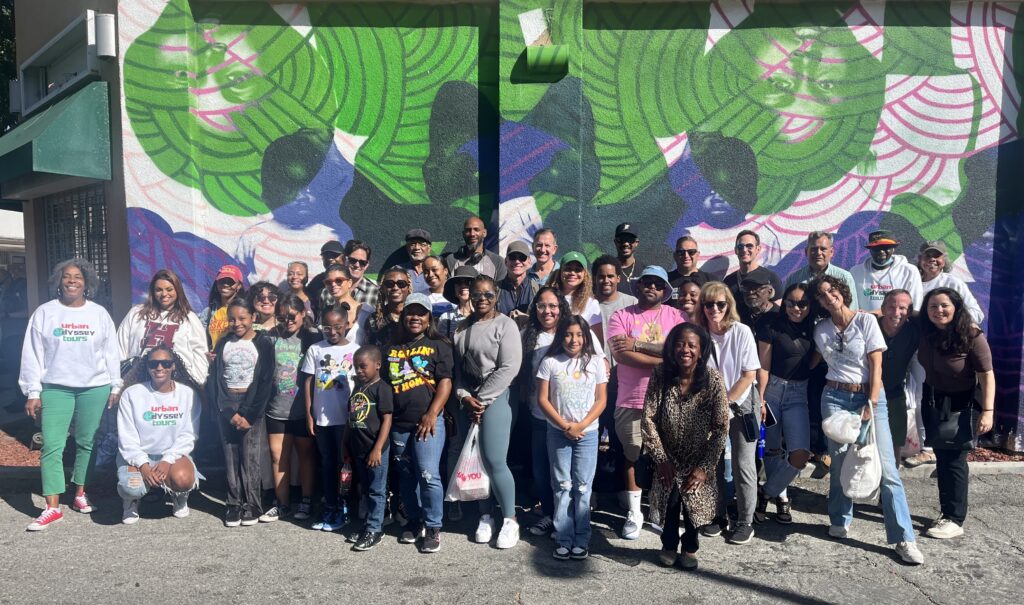
Charity Matters: What fuels you to keep doing this work?
Marcie Gilbert: The Anthonys, Murenas, Becky, Chris, Alana or Tina, I could name all 120 people who I work within our collective Calibrate cosmos. I work with the most extraordinary individuals and the moments that I get to go and visit our sites. A little fourth grade girl named Ari and her hugs and smiles. Her mom named Brittany who has the biggest heart of anybody I’ve ever met. I think about volunteers, like Lynn, who basically retired and made Calibrate her job.
I think about our community of alumni who just really get this and just really are the heart of Calibrate pumping all that understanding into the rest of the organization. Our board is miraculous, our community partners Mark and Trey, and our program partners. When I opened my eyes in the morning it’s that whole entire vibe of people that spread that feeling of good.
Charity Matters: When do you know you have made a difference?
Marcie Gilbert: The testimonials and the feedback from those who write to me to sit into Connections. When I hear a teenager say literally this program kept me from committing suicide. We know we have made a difference.
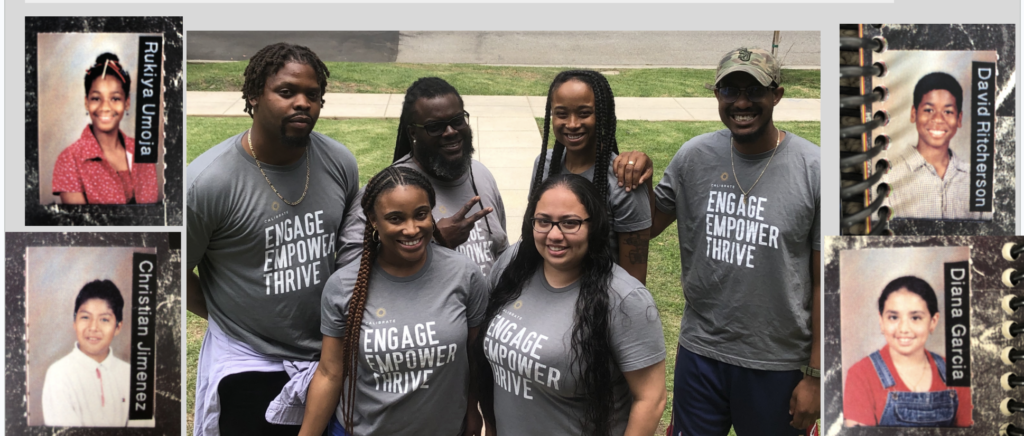
Charity Matters: Tell us what success you have had and what your impact has been?
Marcie Gilbert: it’s the qualitative testimonials that are the most important. Last semester, we had students who were seniors at Cal Poly Pomona who partnered with us. They took a random sample of thirty-five 8th graders, who had received between eight to 10 connections over a five week period. What they did was honed into the qualitative data, where children were able to articulate specific, observable behaviors in other environments outside of connection.
For example,I’m no longer fighting with my mom to get my homework done. I am raising my hand in class. I’m not afraid to ask my teacher for help. So those kinds of things where they were able to show what we call an education, a generalization of behaviors, and 67% of those that random sample were able to say things like,” I feel more confident, I’m a better listener.”
We have a unique insight because we sit in these Connections to circles, which are living storytelling circles. And so we get those opportunities to hear the things like the suicidal ideation or the decision to go back to college. You know, we had a bunch of kids graduate high school and they were going to be first generation kids to go to the east coast to different colleges. I was panicked to create a Connections program for them virtually. The rate of attrition can be very high for them to stay in college and finish.
The students told me, ” We don’t really need this because actually, we’re doing it on our own. We take the train, and we meet each other at least two times a month. And when we sit together we’re checking in, and we’re asking each other and we’re soliciting in each other equal chances to tell each other stories. It’s not a formal Connection, but we’re using tools from Connections, to keep ourselves to connect it to keep ourselves supporting one another.” Those kinds of comments are gold.
Charity Matters: If you could dream any dream for your organization, what would that be?
Marcie Gilbert: The reason why is if we’re really creating an organization that’s of the people for the people, and we’re really fulfilling our mission of elevating these young leaders from our communities to come in and take over. I just really want our young adults to be able to have their own dreaming, and not be just mired. I know that the community of alumni want a school again.
Charity Matters: How has this journey changed you?
Marcie Gilbert: I have stretched and grown. I had to learn how to not take things personally. Not to trip, not to overthink, to set boundaries on self care. That weight of the world feeling that you described earlier. When I was a little girl, when I would get anxious my sister would say to me, “What’s the worst thing that could happen?” What’s astounding to realize is that’s not true with Calibrate.
God forbid, we didn’t have a penny in the bank, we’re not going to stop. This is a community of people who believe so deeply in the programs and the mission that it will just keep marching forward until we get the next infusion of cash. Right? So you just know it’s going to be okay.
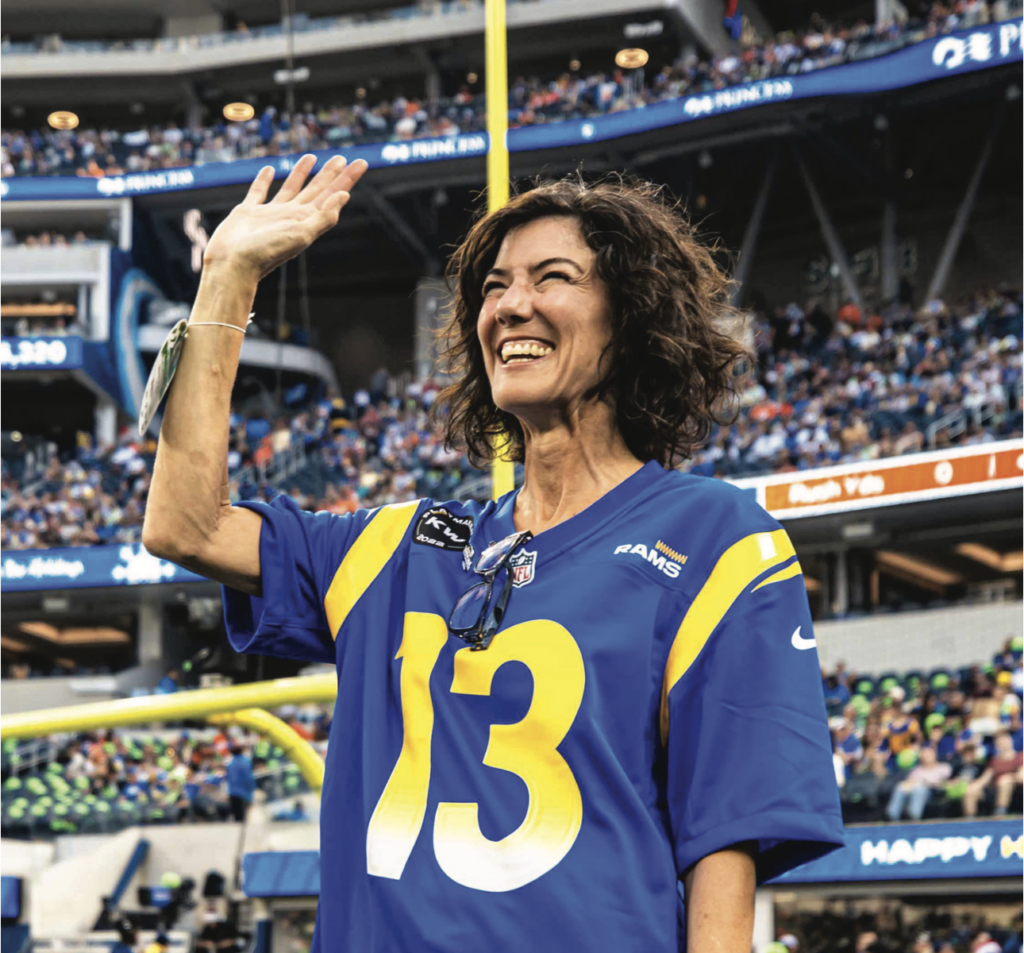
Charity Matters: What life lessons have you learned from this experience?
Marcie Gilbert: I feel like what I have learned along the way is about leadership. I’m the person that so many people are looking t0o. And as I said to you before we started this podcast, I am an introvert. So it’s doing a great job of hiding. Something I’ve learned is that you can actually lead from behind. What I have to lean on is the organizational culture that we’re creating. Because it is one of shared leadership.
We are the circle, we want to be the principles and values that we espouse in connections that we’re all holding this up, we all have equal voice. I have a lot of amazing people who can independently and successfully go and take a ball of something and run with it. So really, what I’m doing is steering the ship and keeping us tacking north.
CHARITY MATTERS.
YOUR REFERRAL IS THE GREATEST COMPLIMENT, IF YOU ARE SO MOVED OR INSPIRED, WE WOULD LOVE YOU TO SHARE AND INSPIRE ANOTHER. If you enjoyed today’s episode, please connect with us:
- www.Charity-Matters.com
- On IG @Charitymatters
- Post a screenshot & key takeaway on your IG story and tag me @heidijohnsonoffical and @Charitymatters so we can repost you.
- Leave a positive review on Apple Podcasts
- Subscribe to new episodes each week!
Copyright © 2024 Charity Matters. This article may not be reproduced without explicit written permission; if you are not reading this in your newsreader, the site you are viewing is illegally infringing our copyright. We would be grateful if you contact us.
